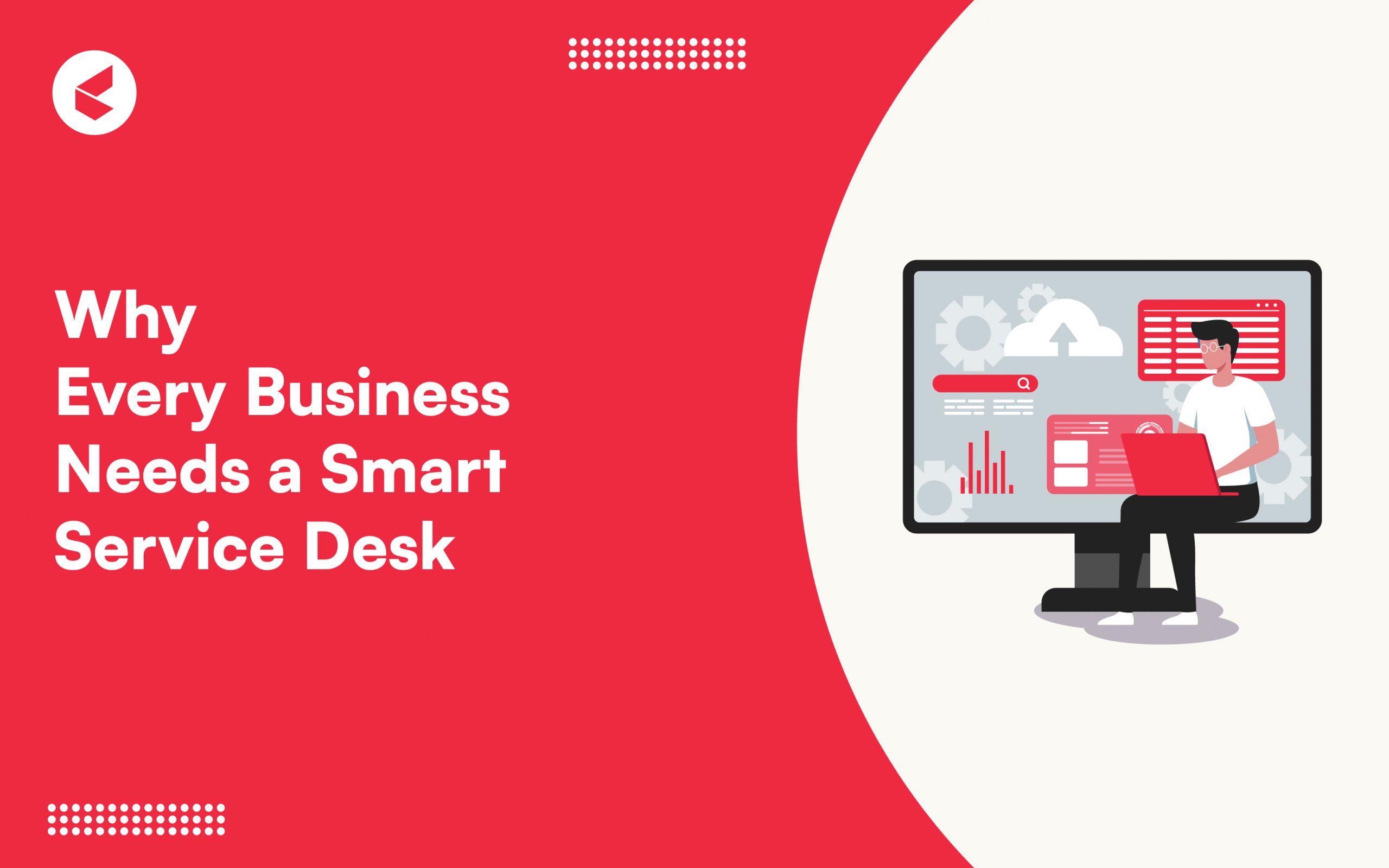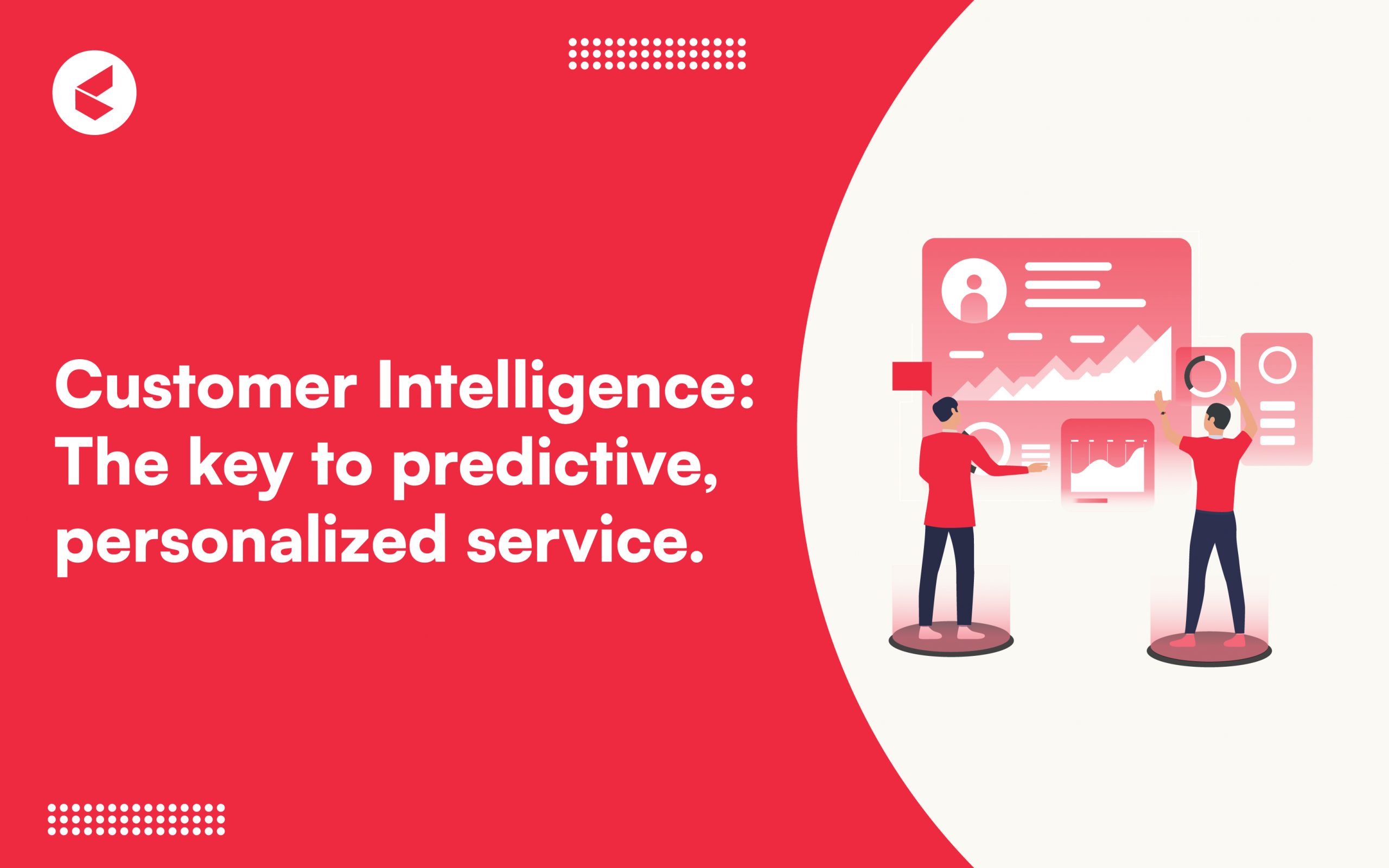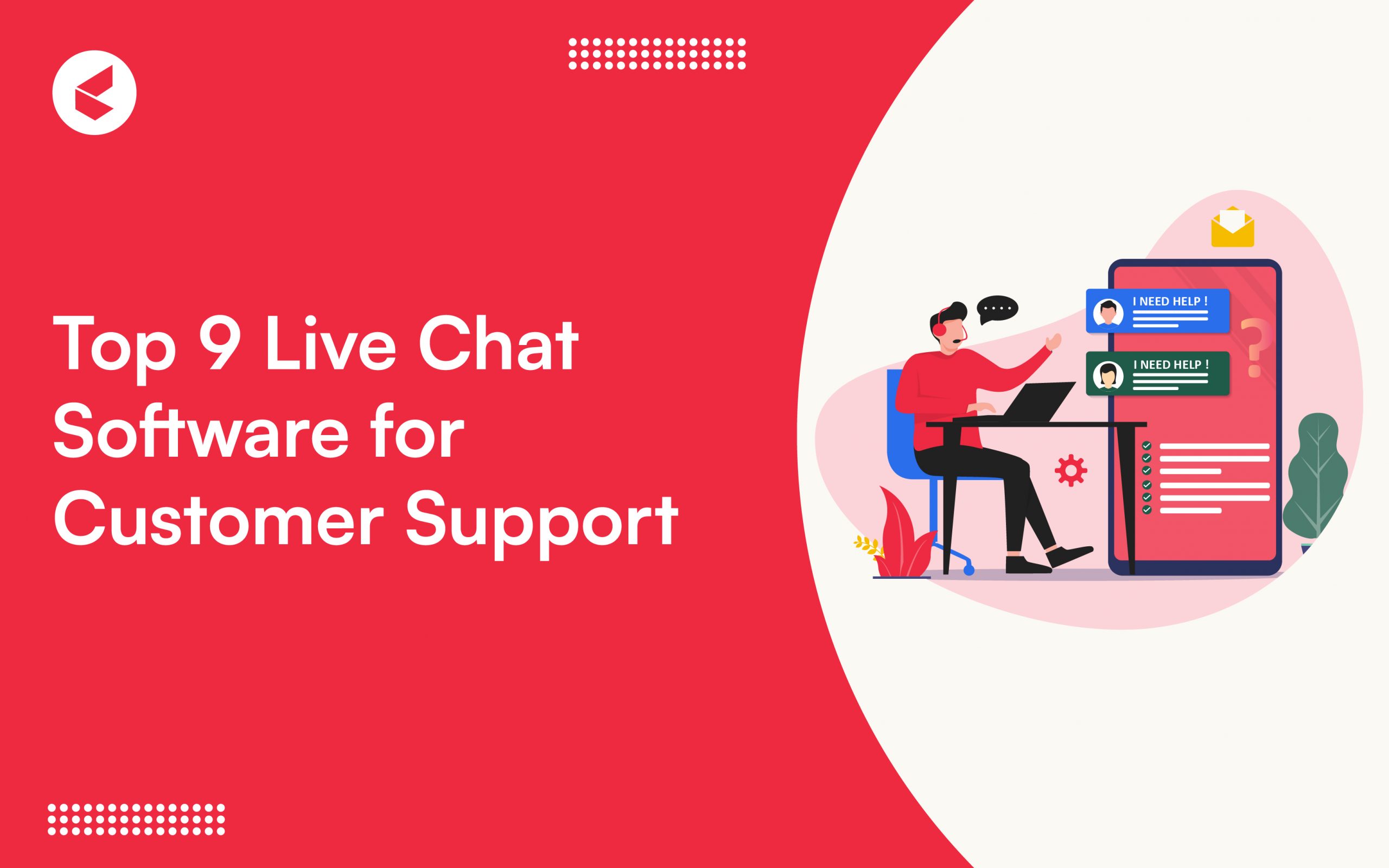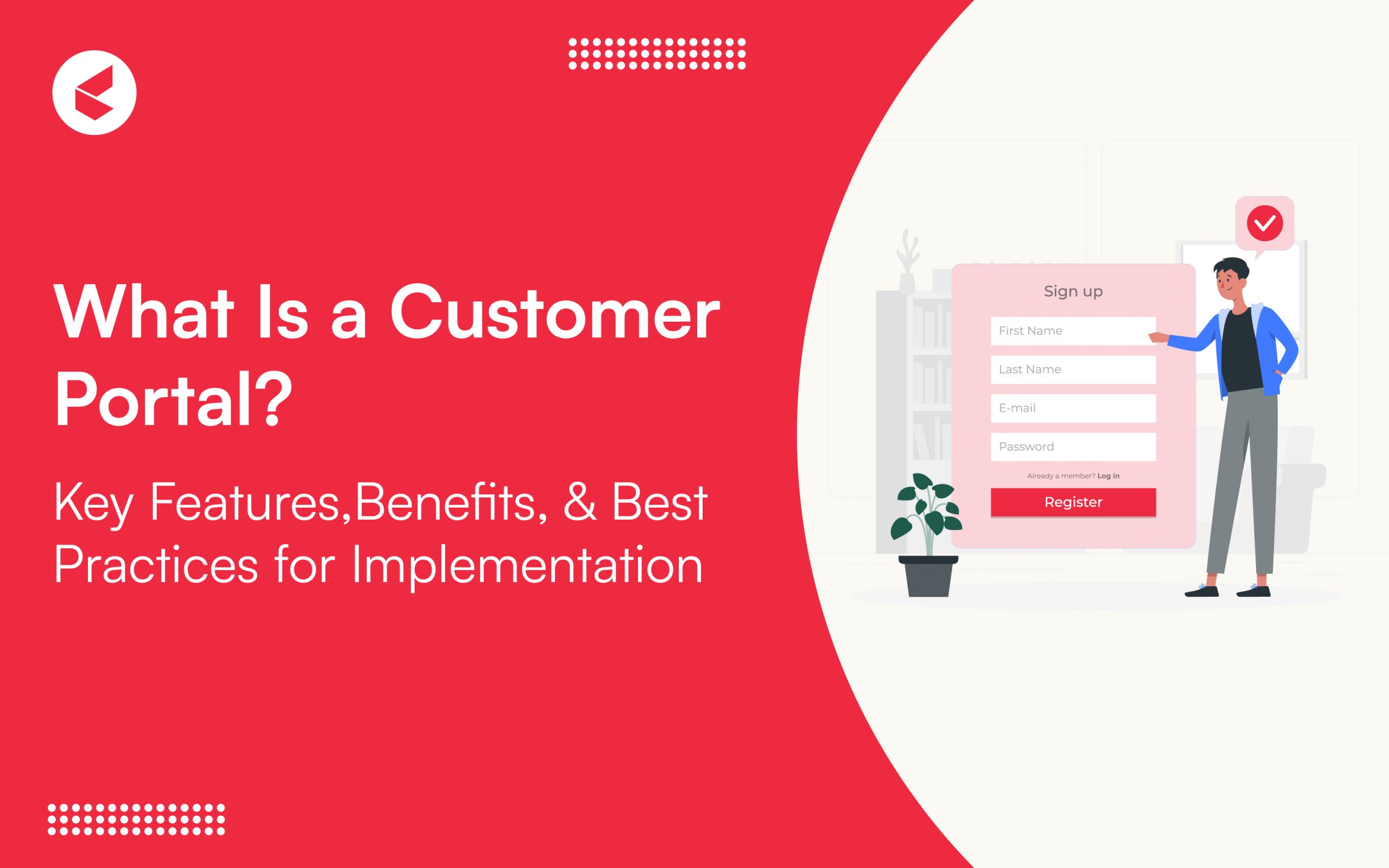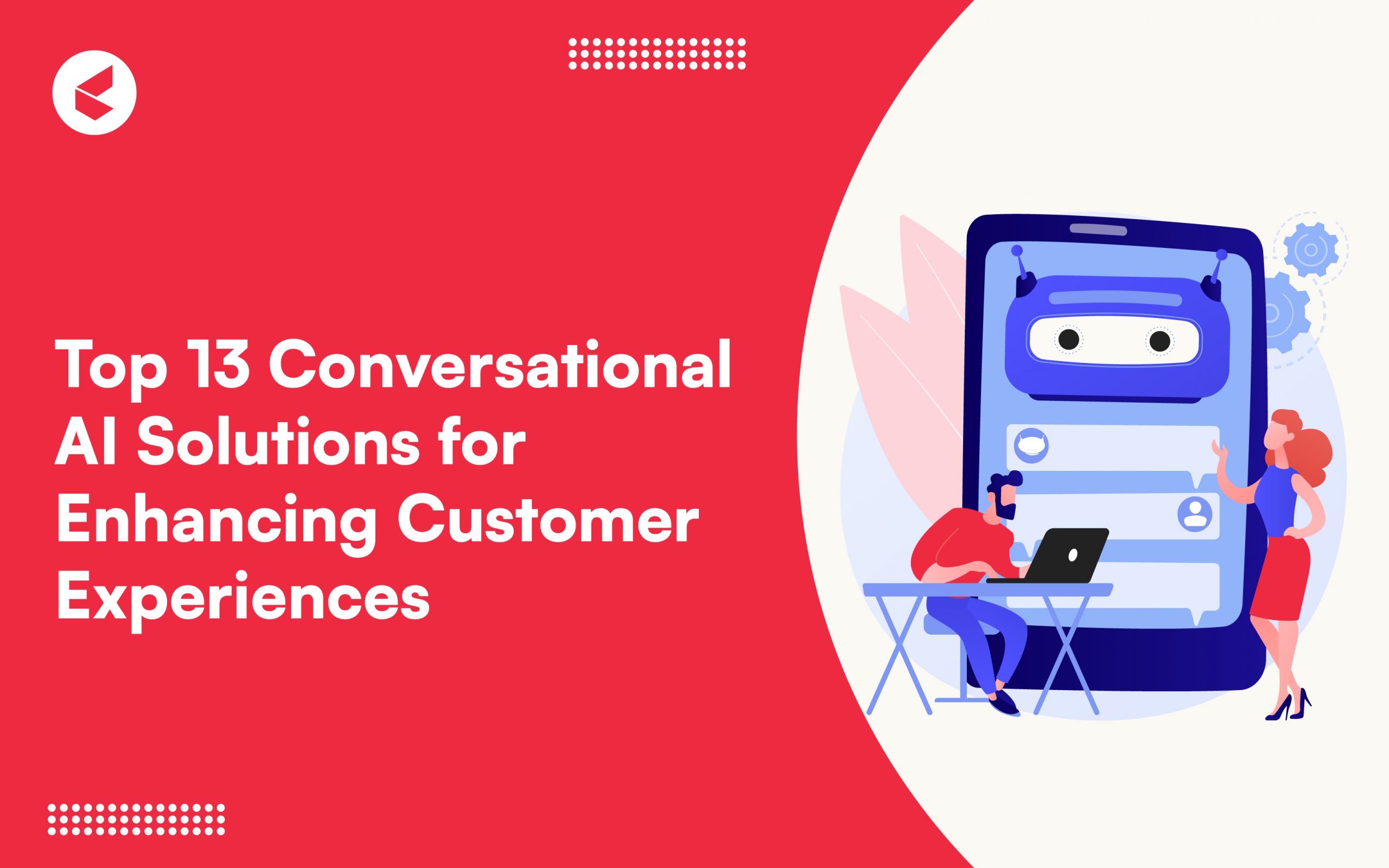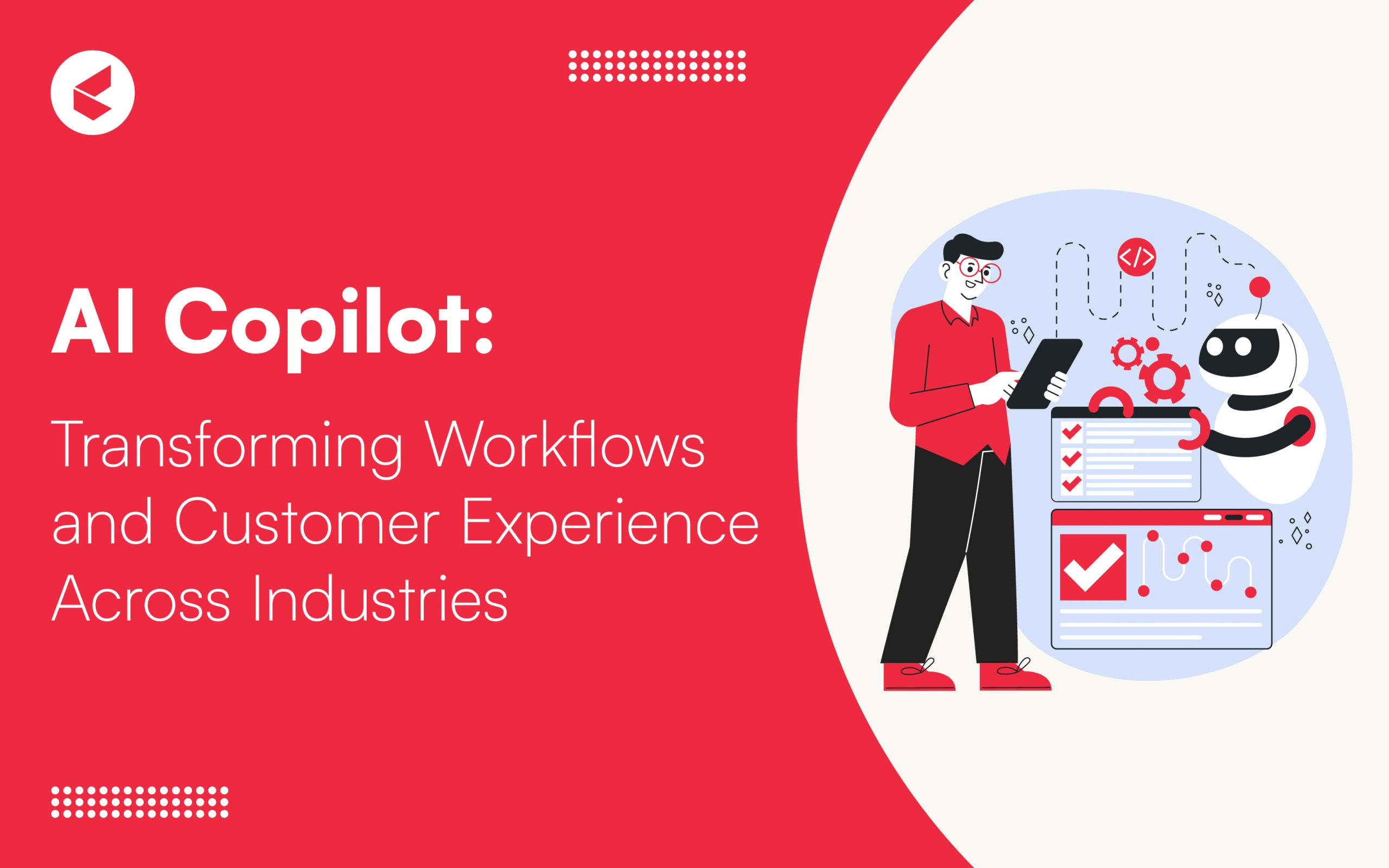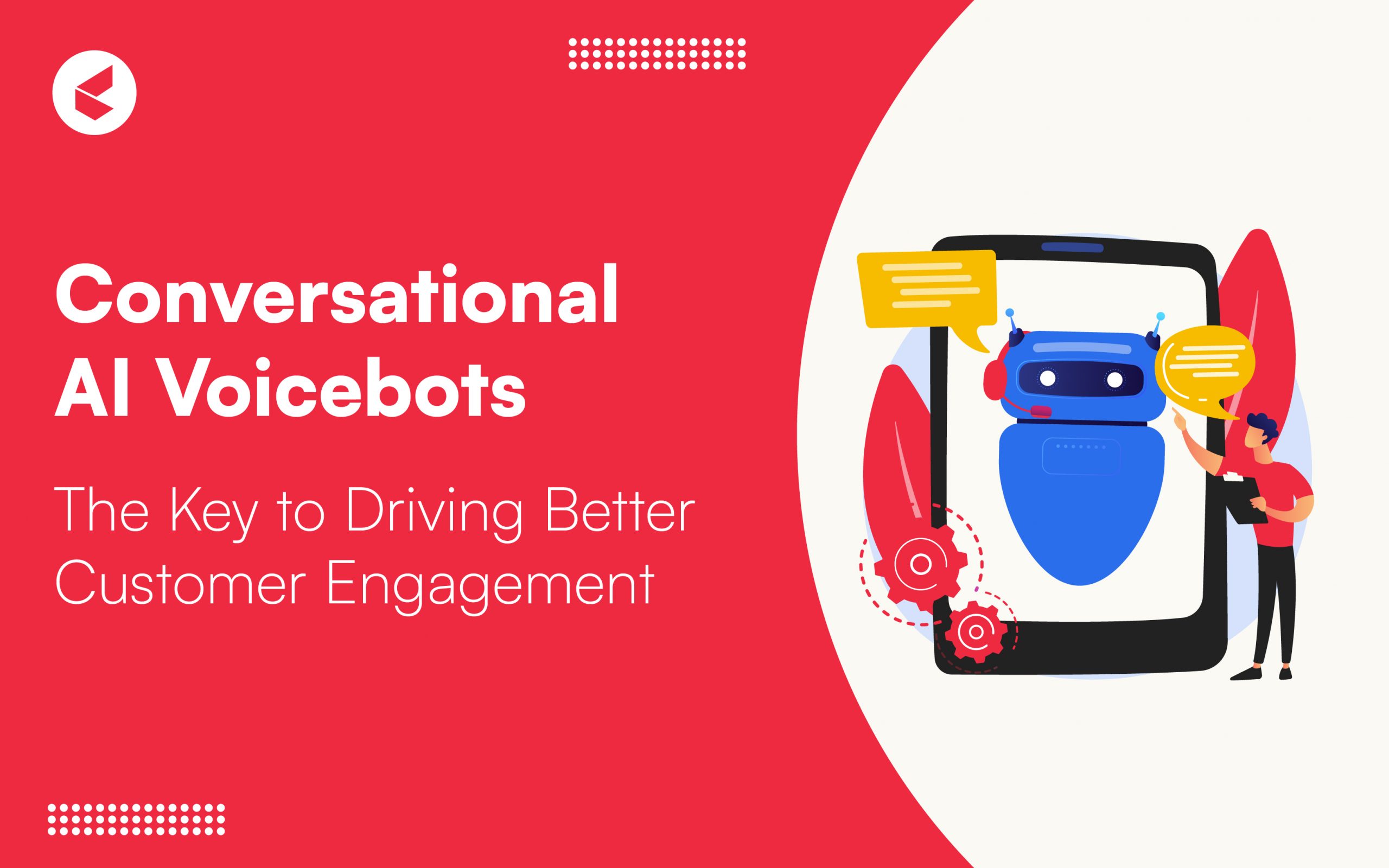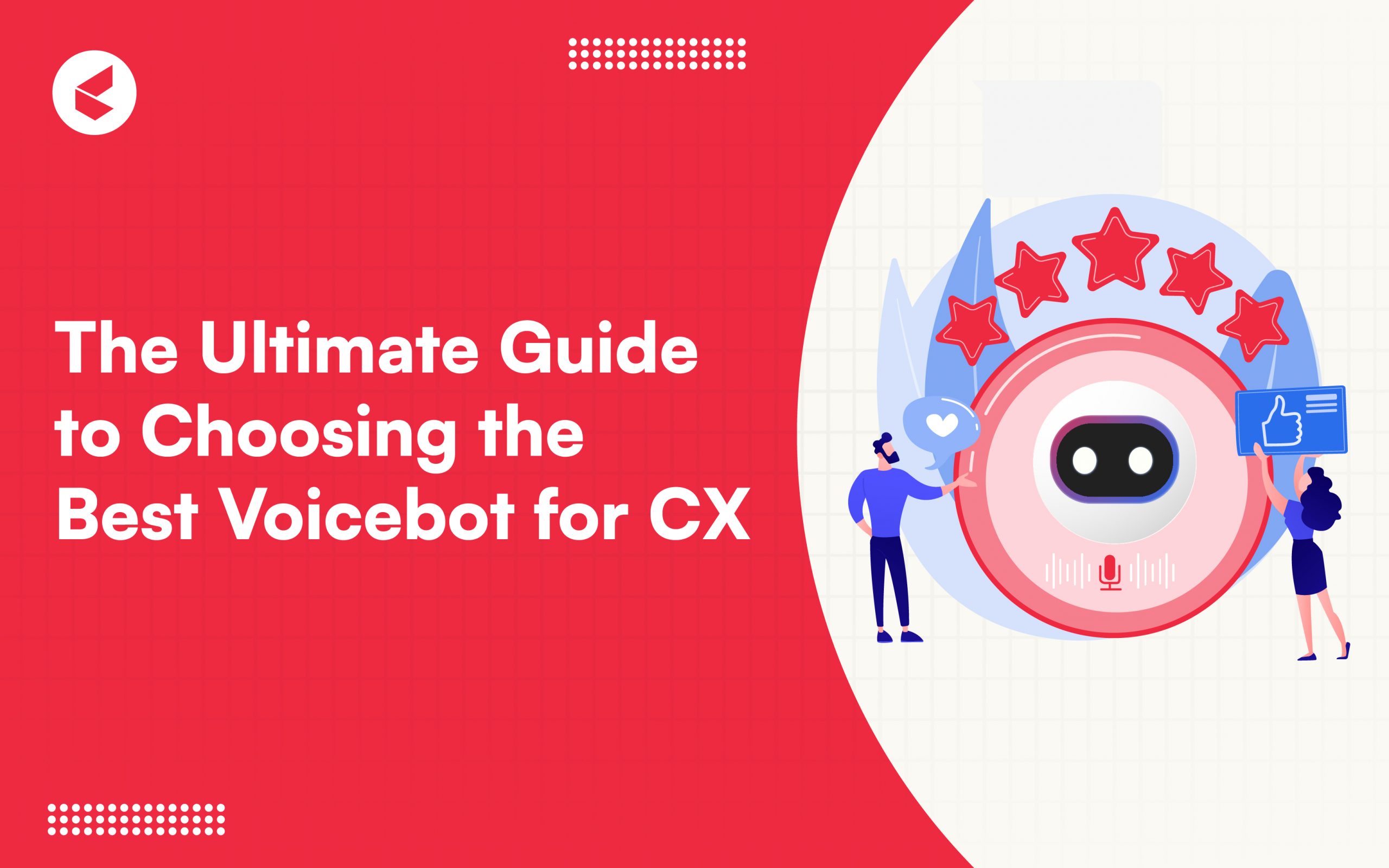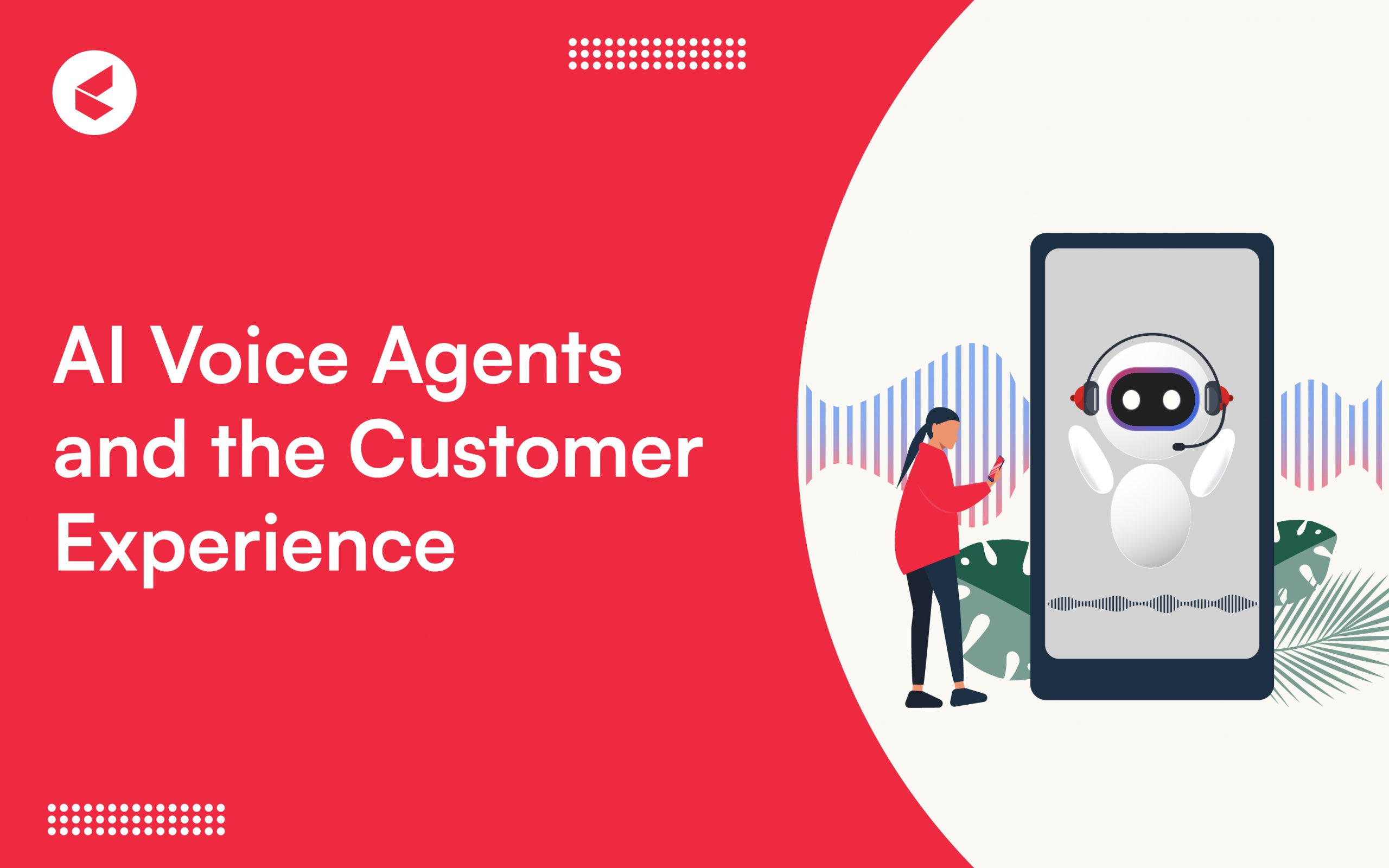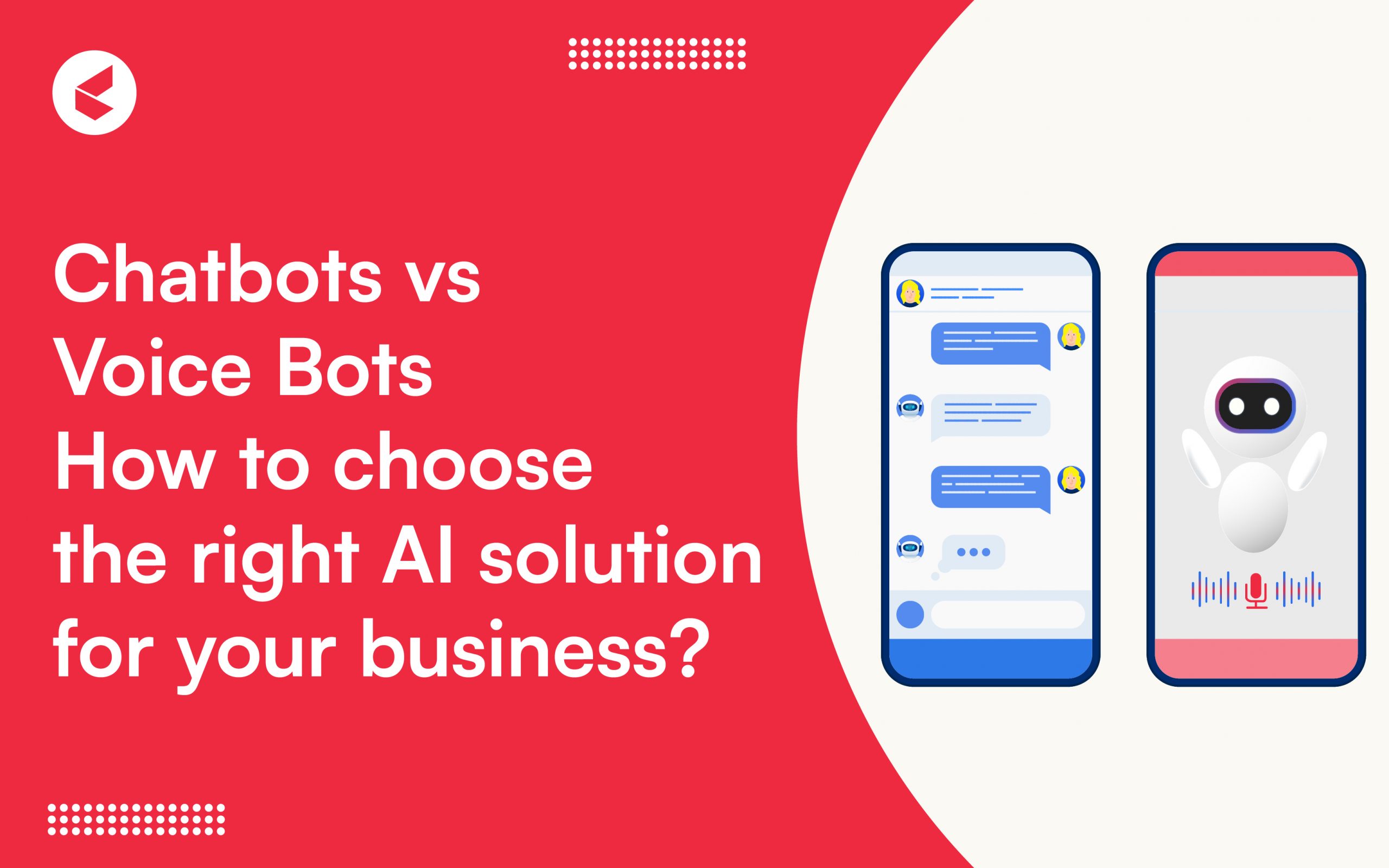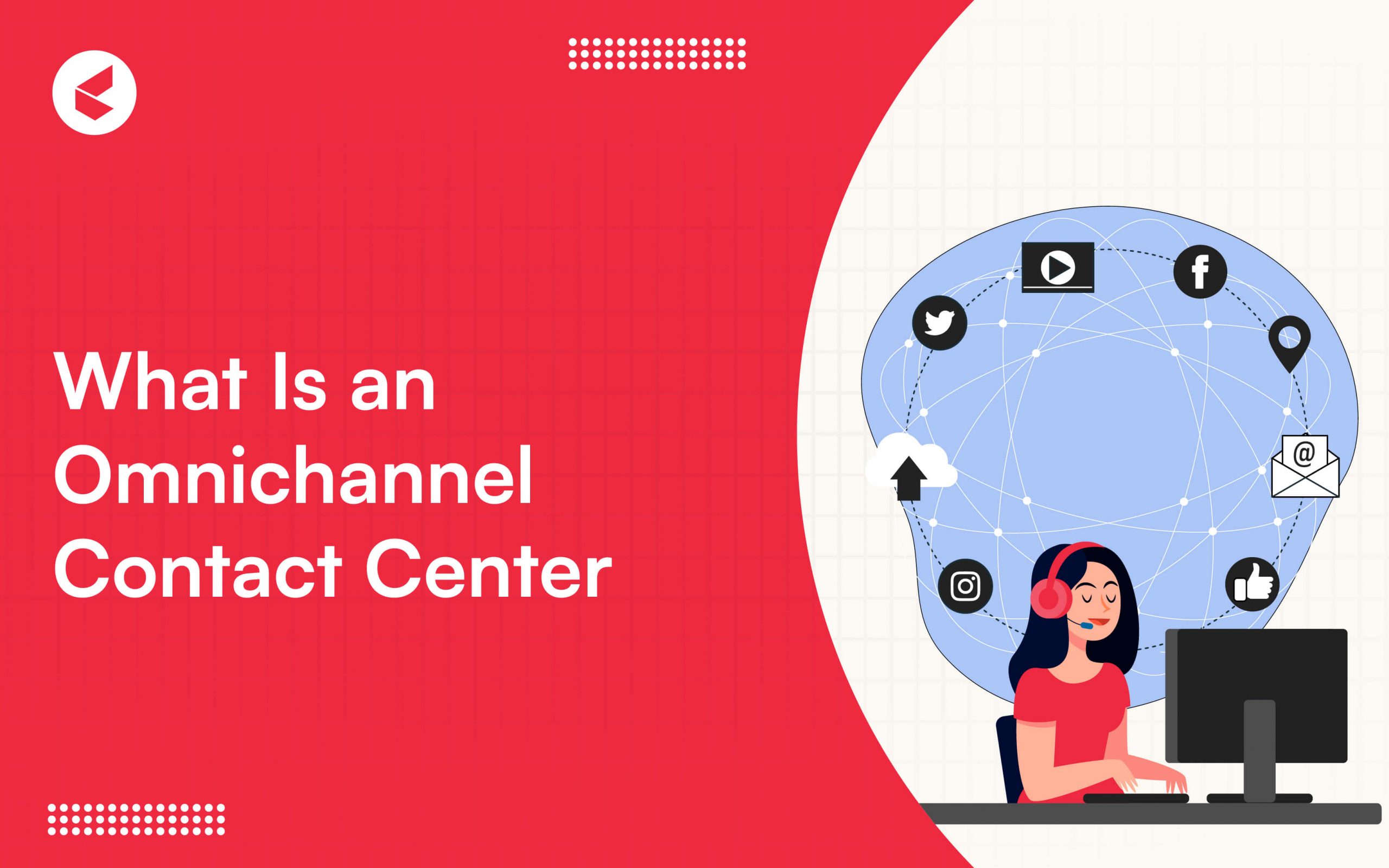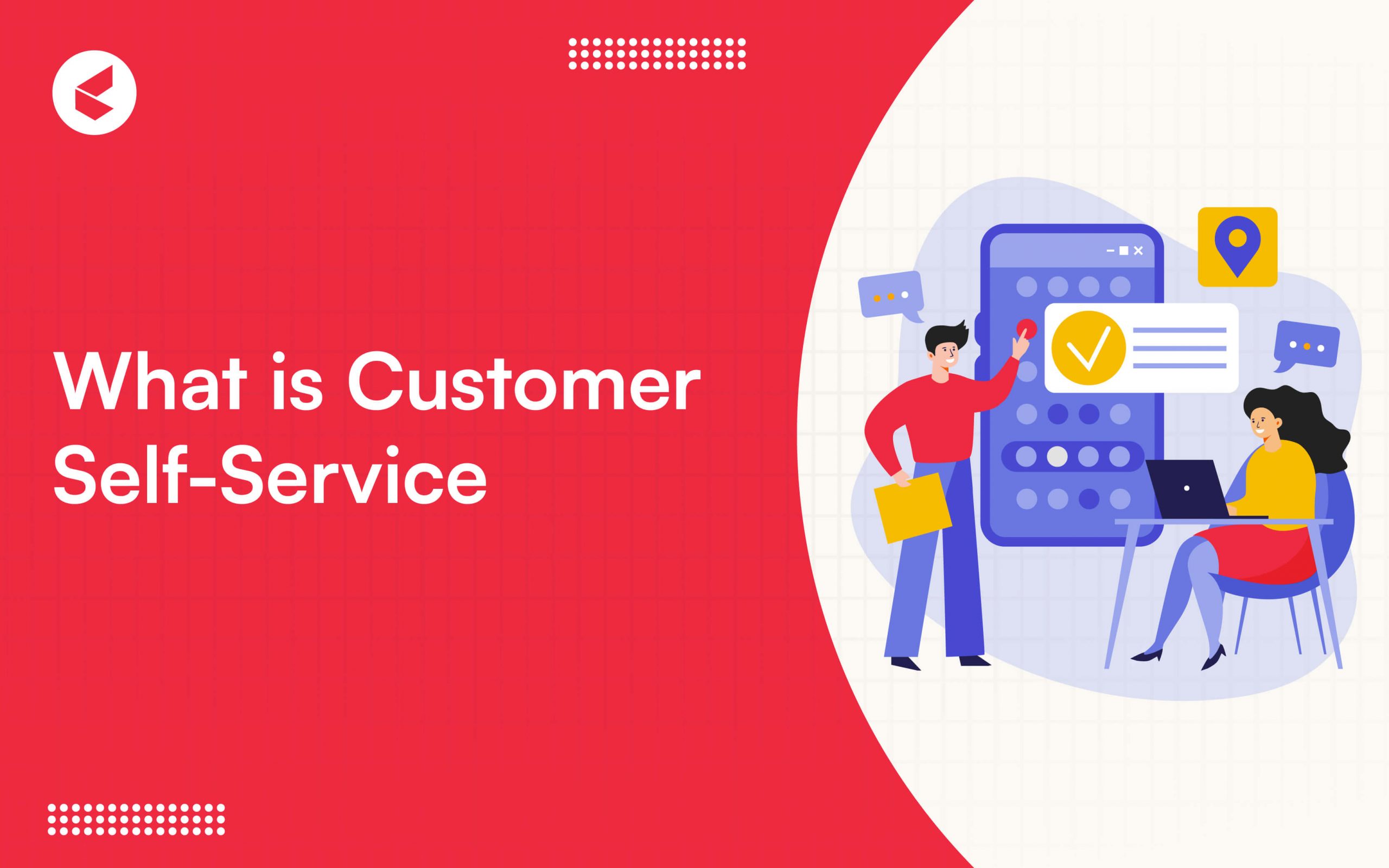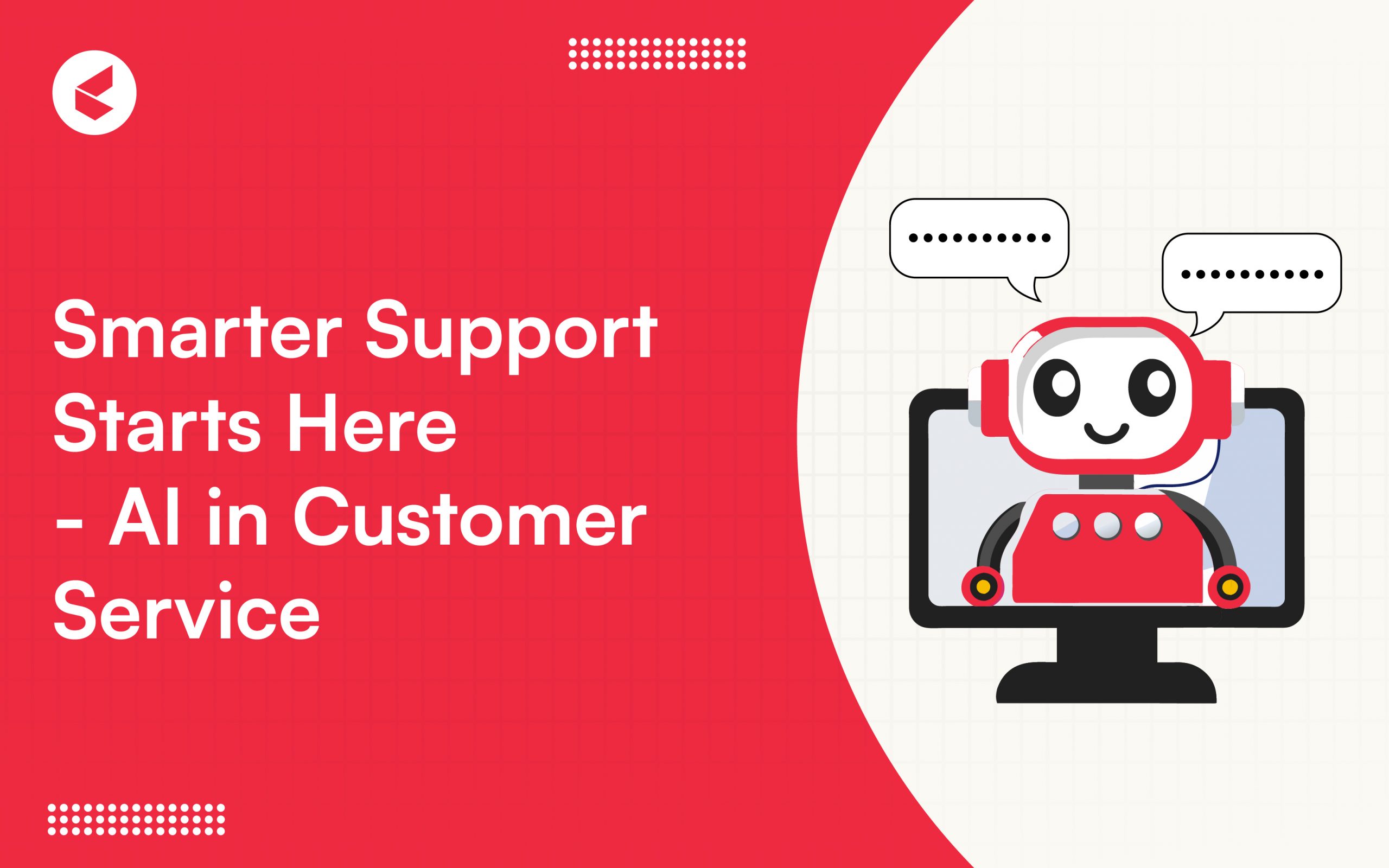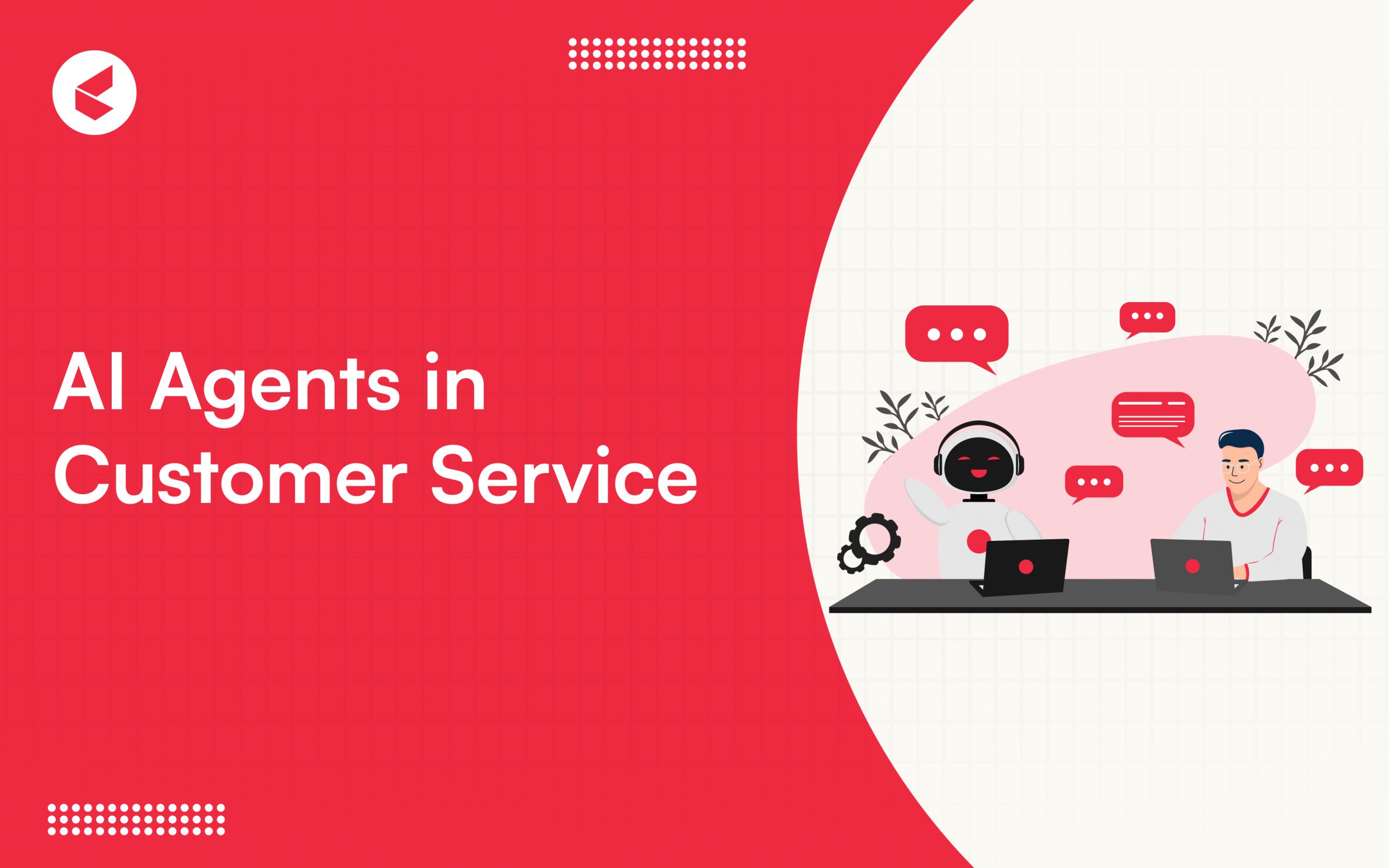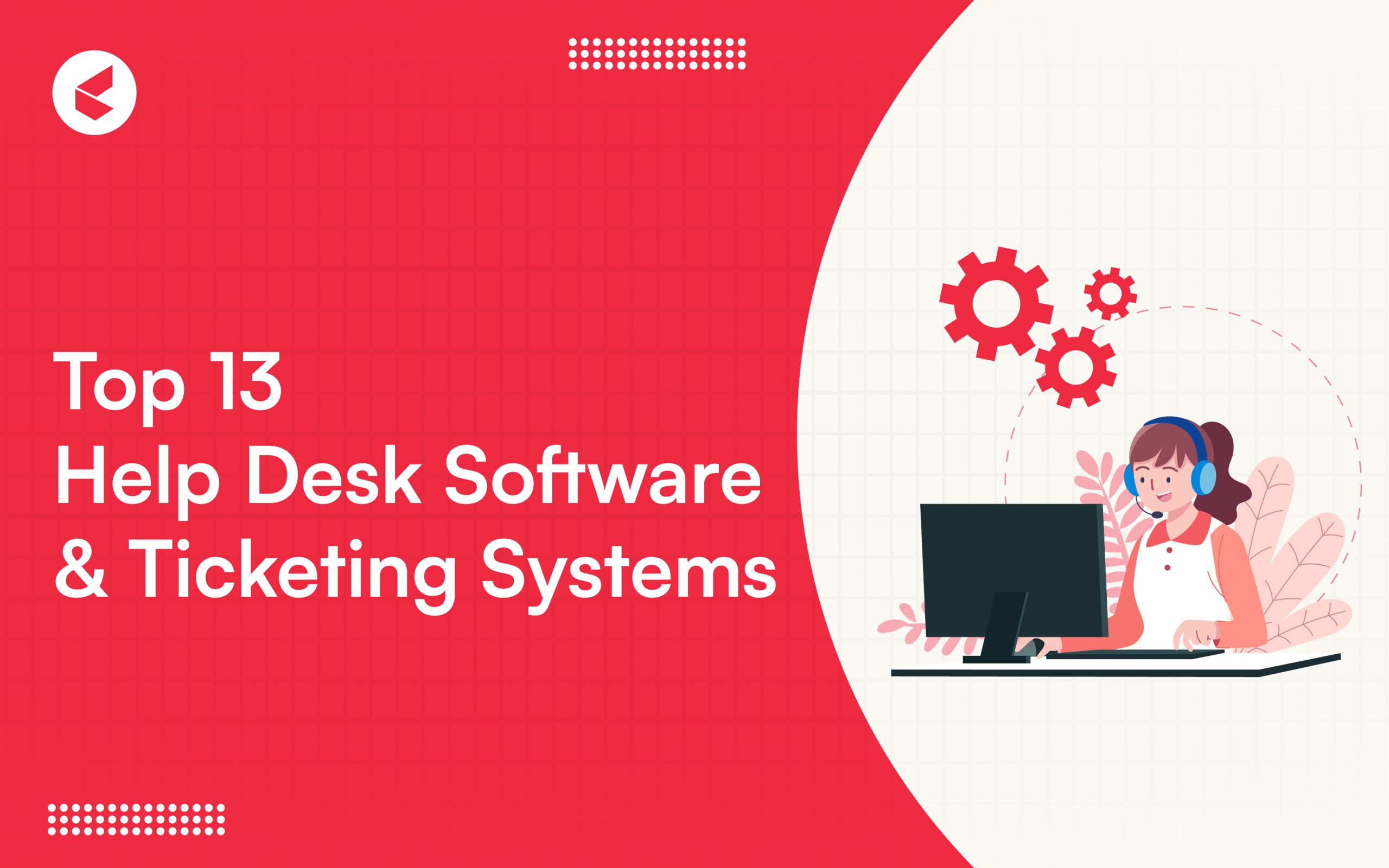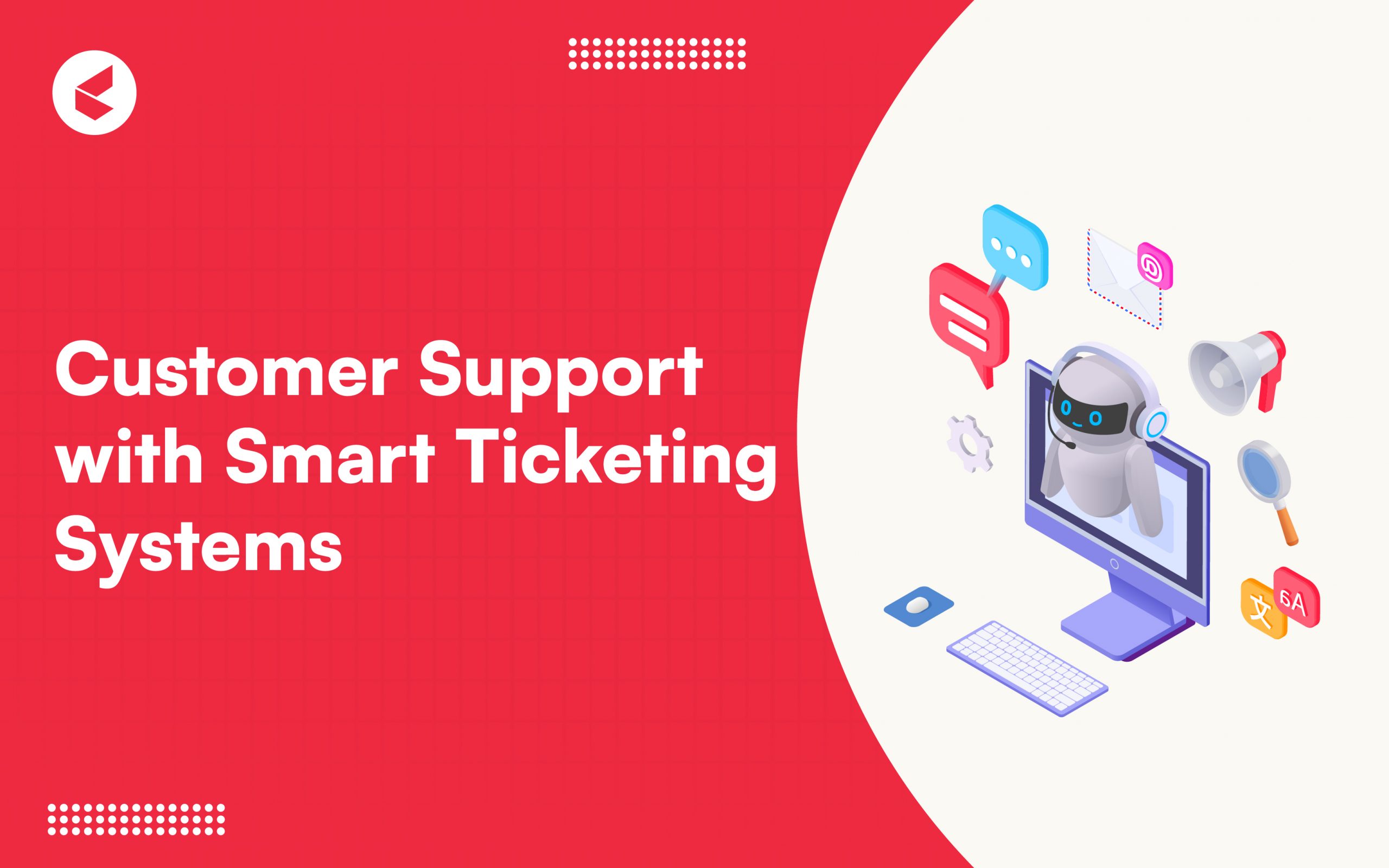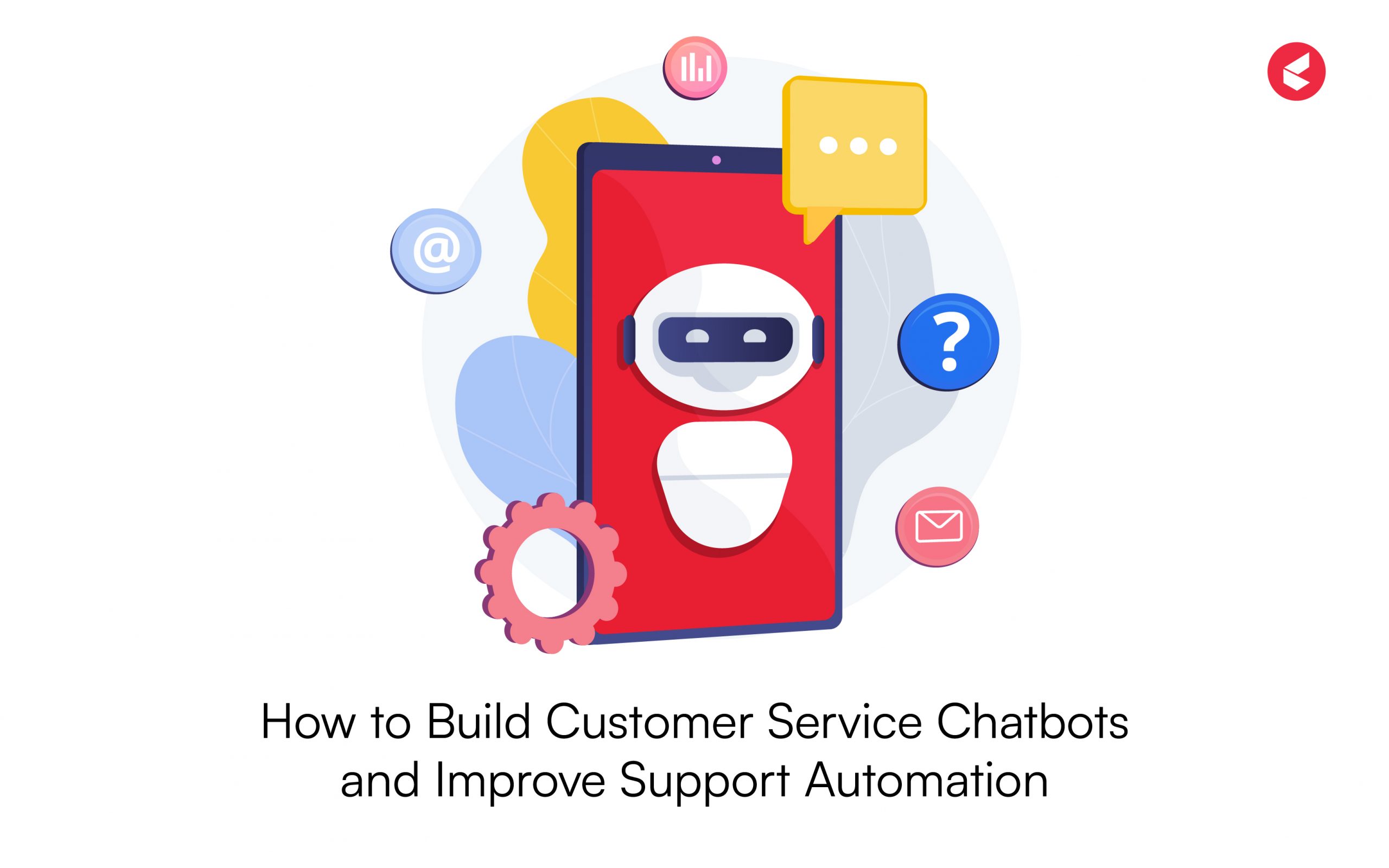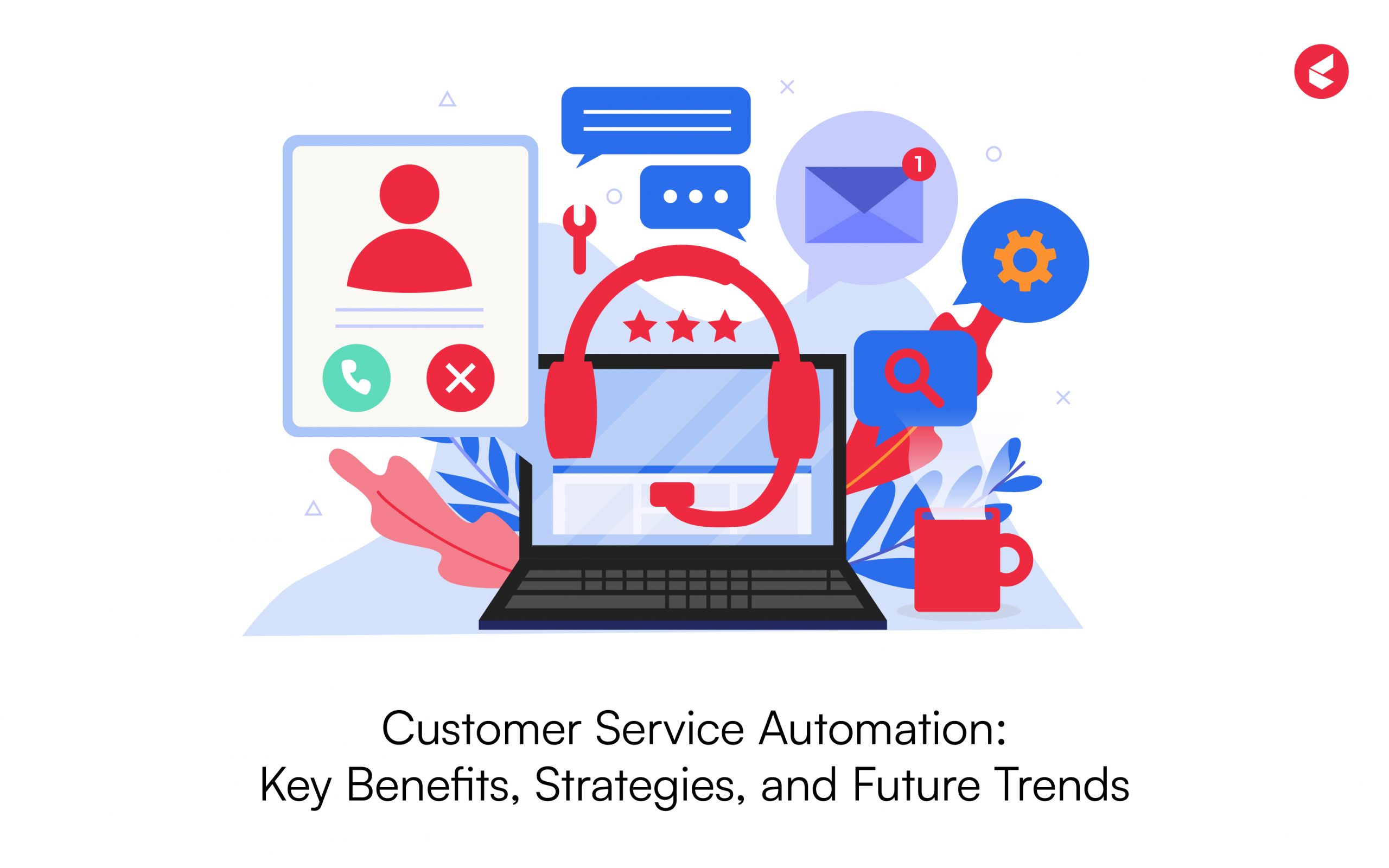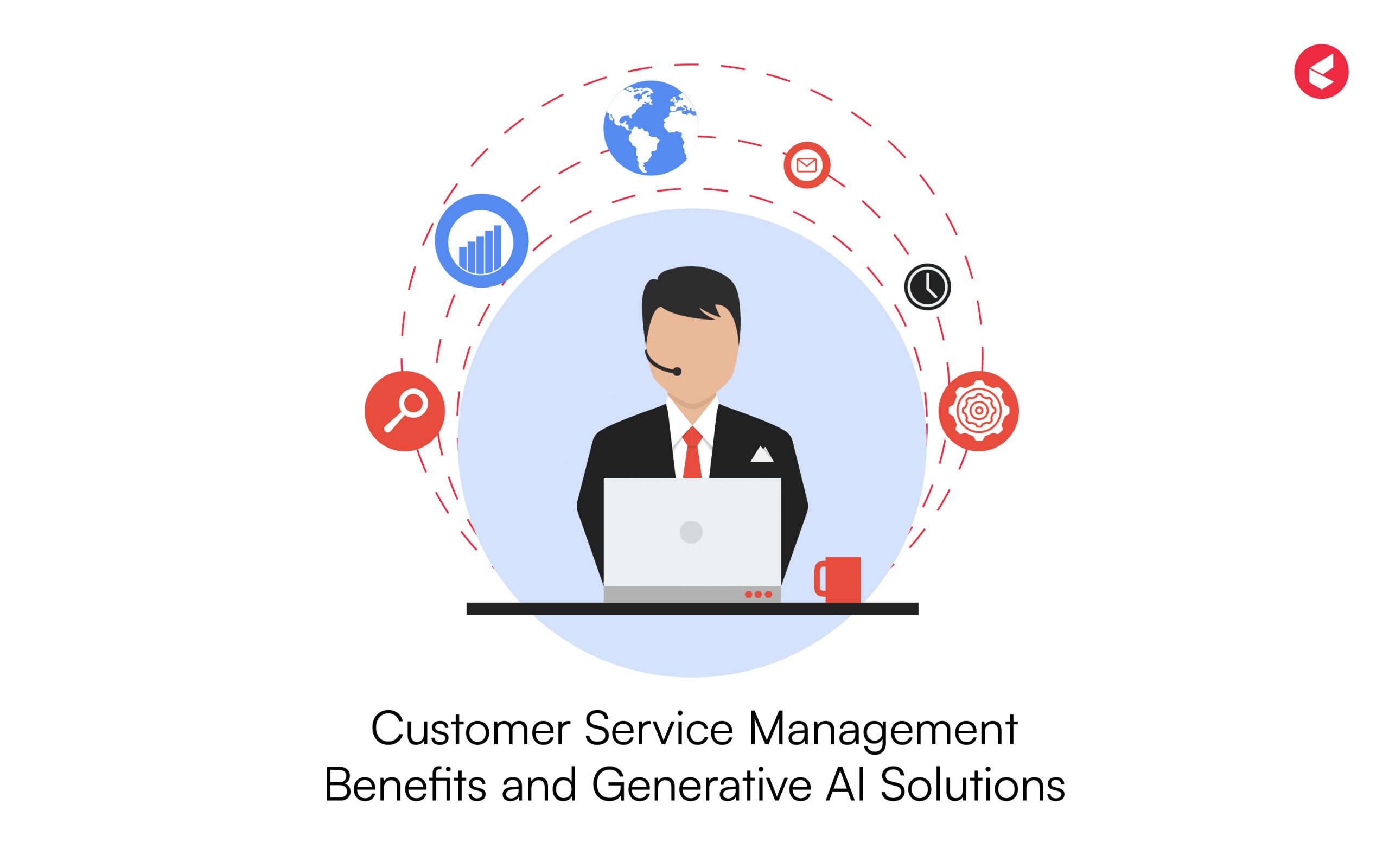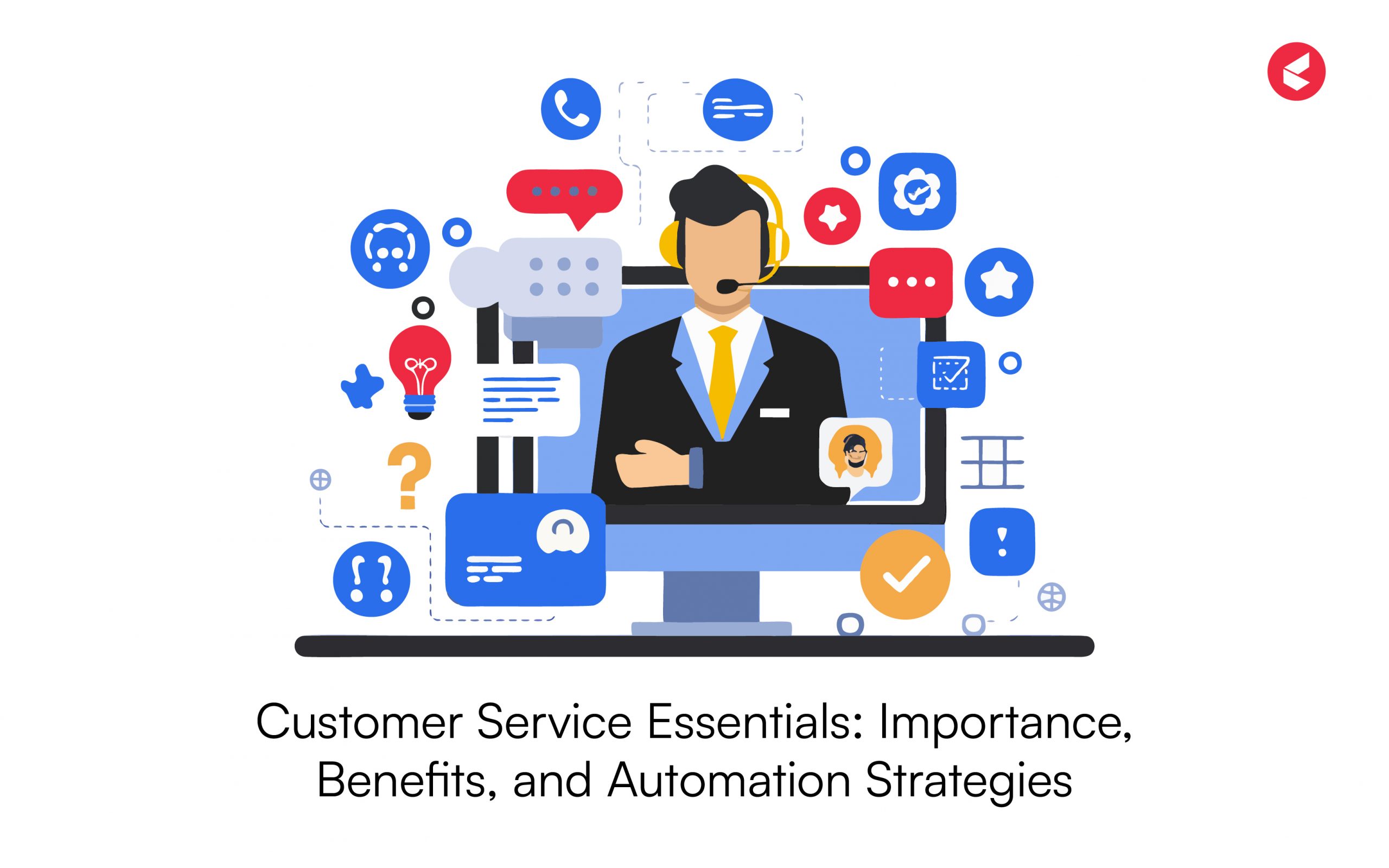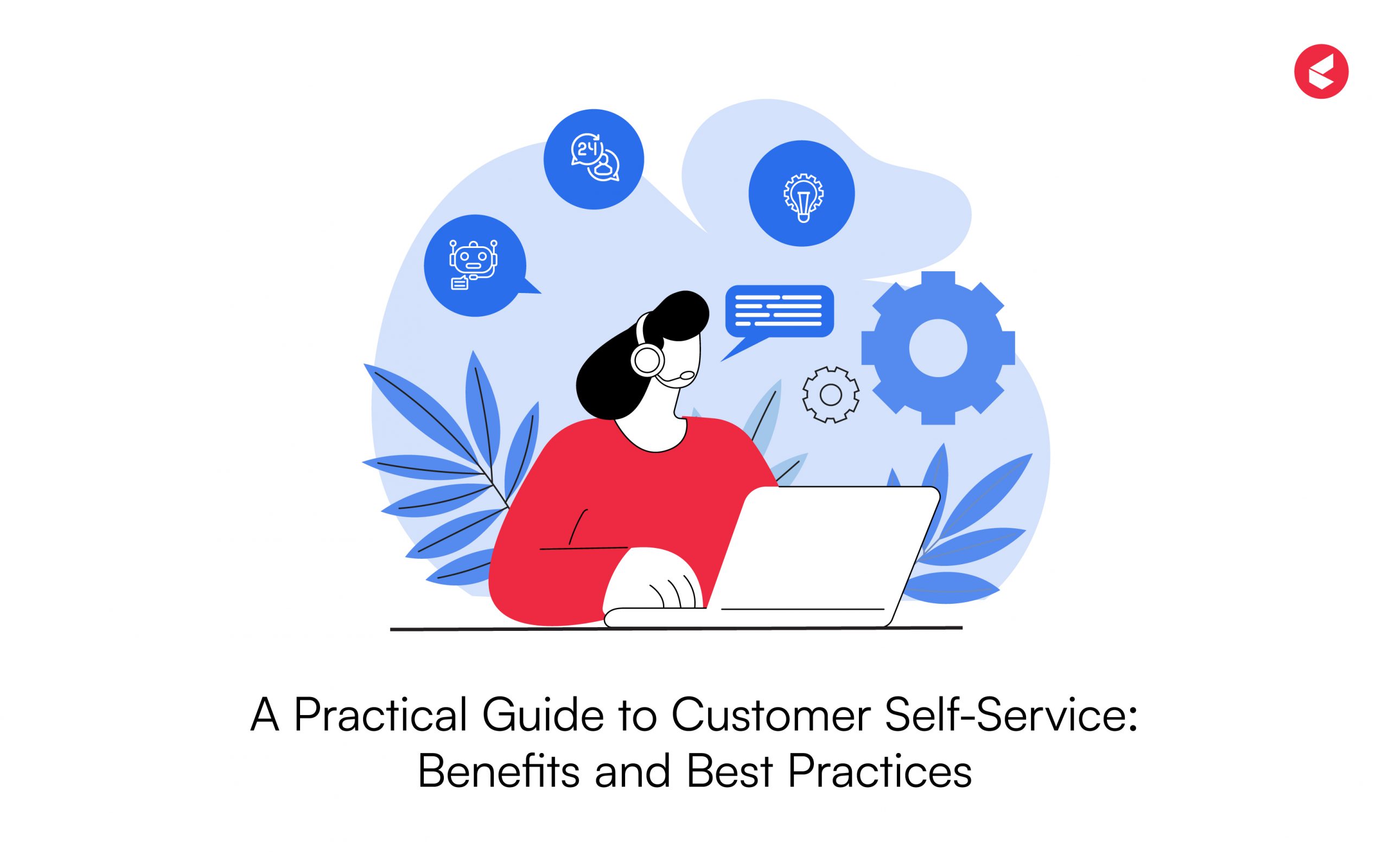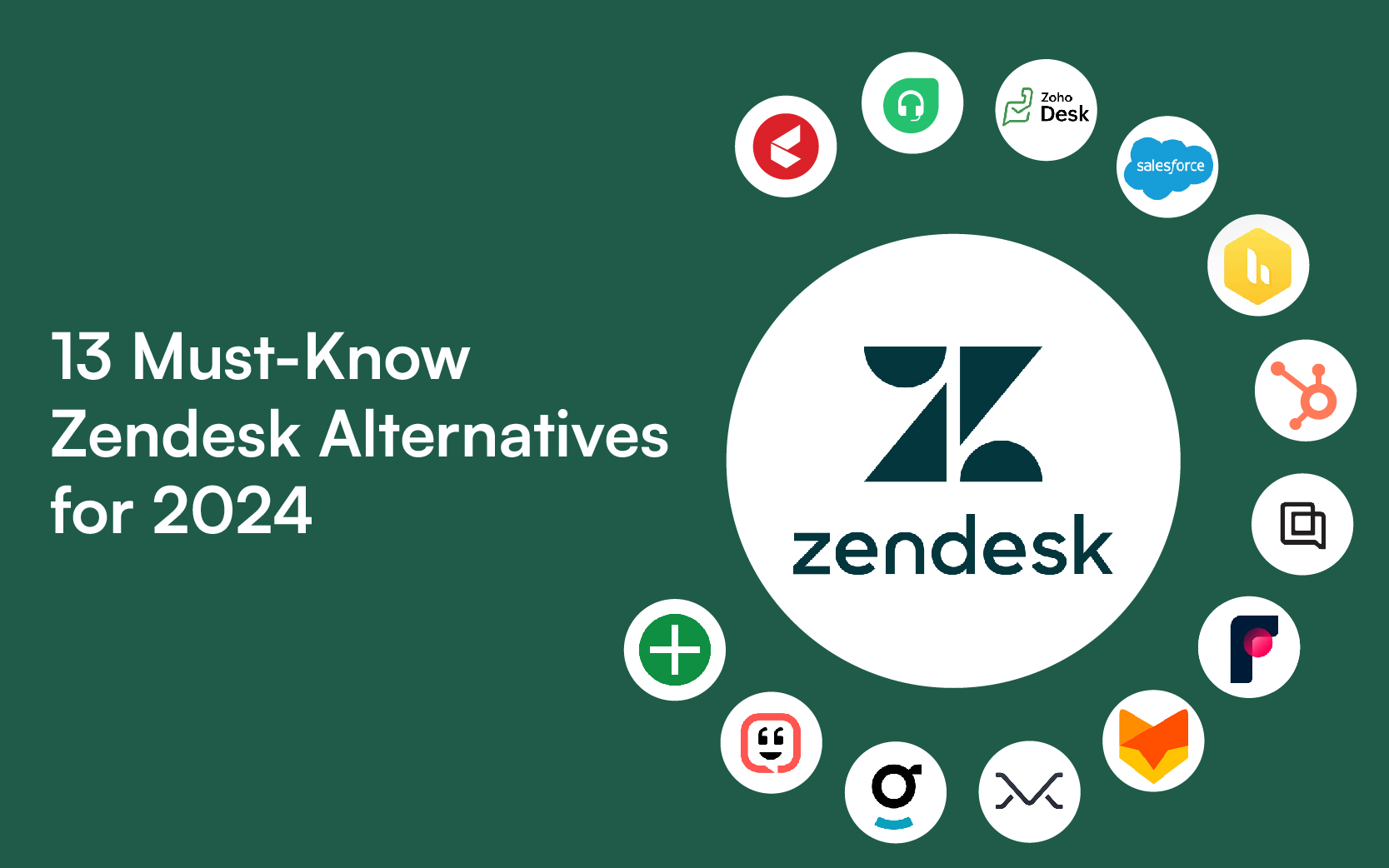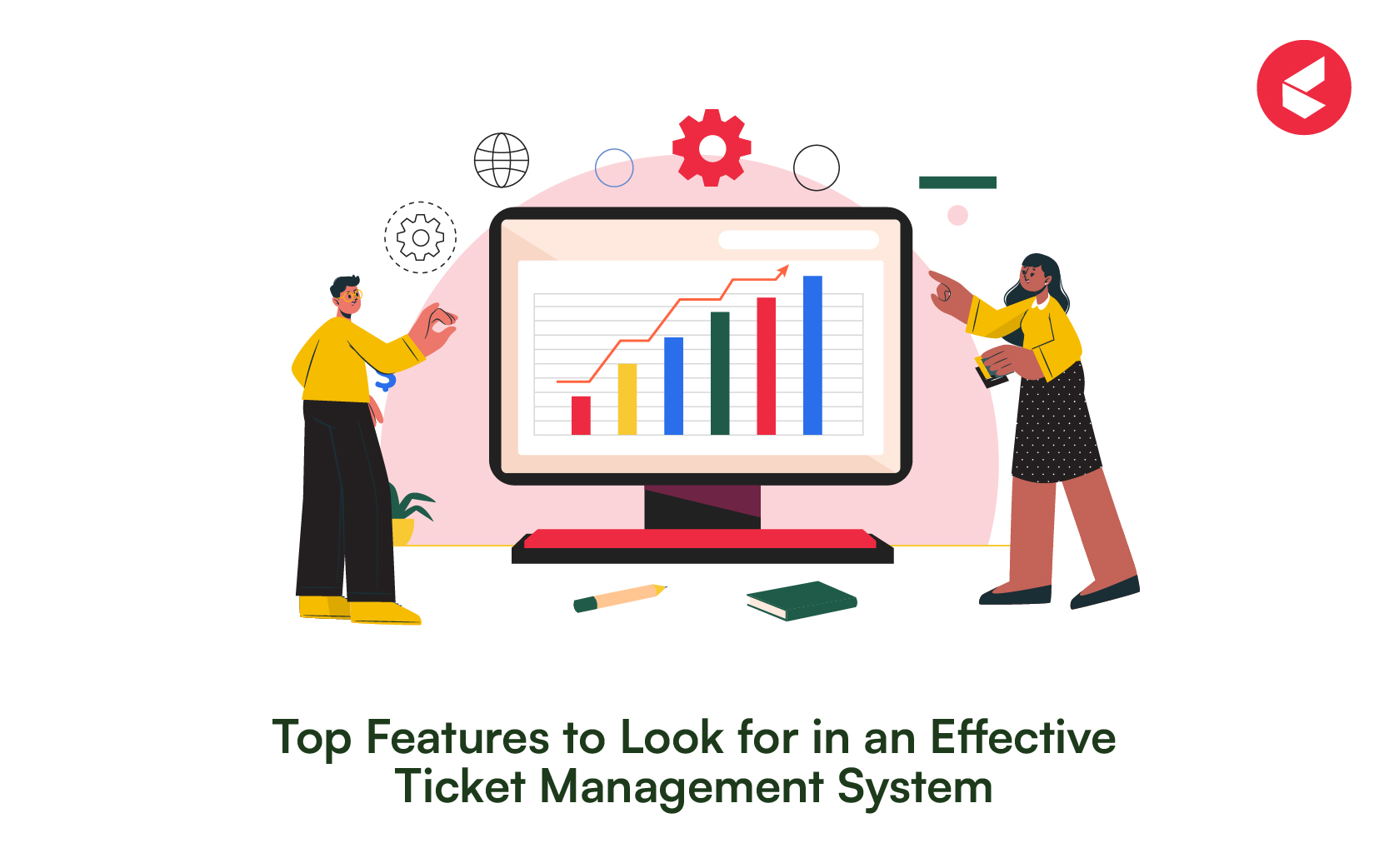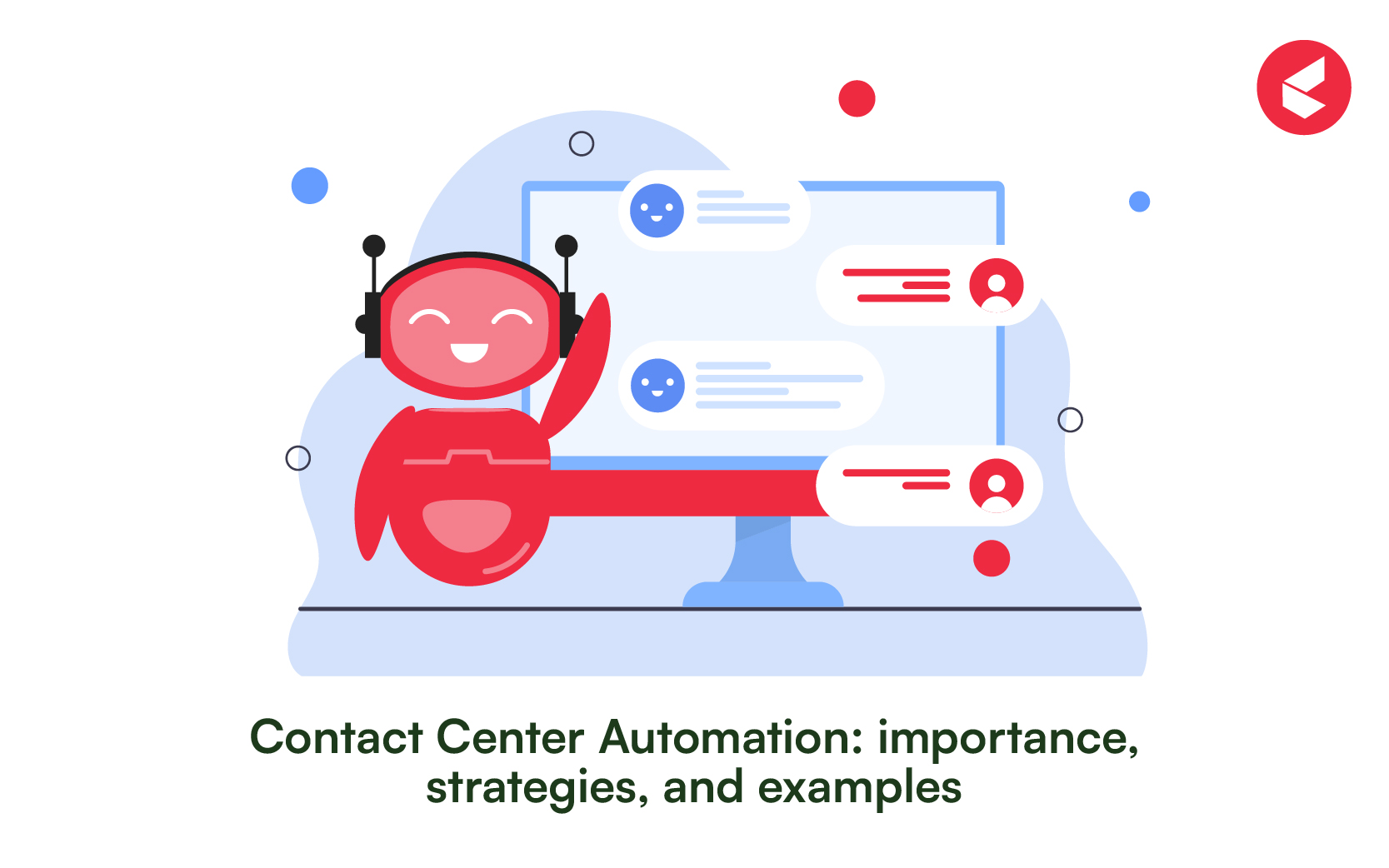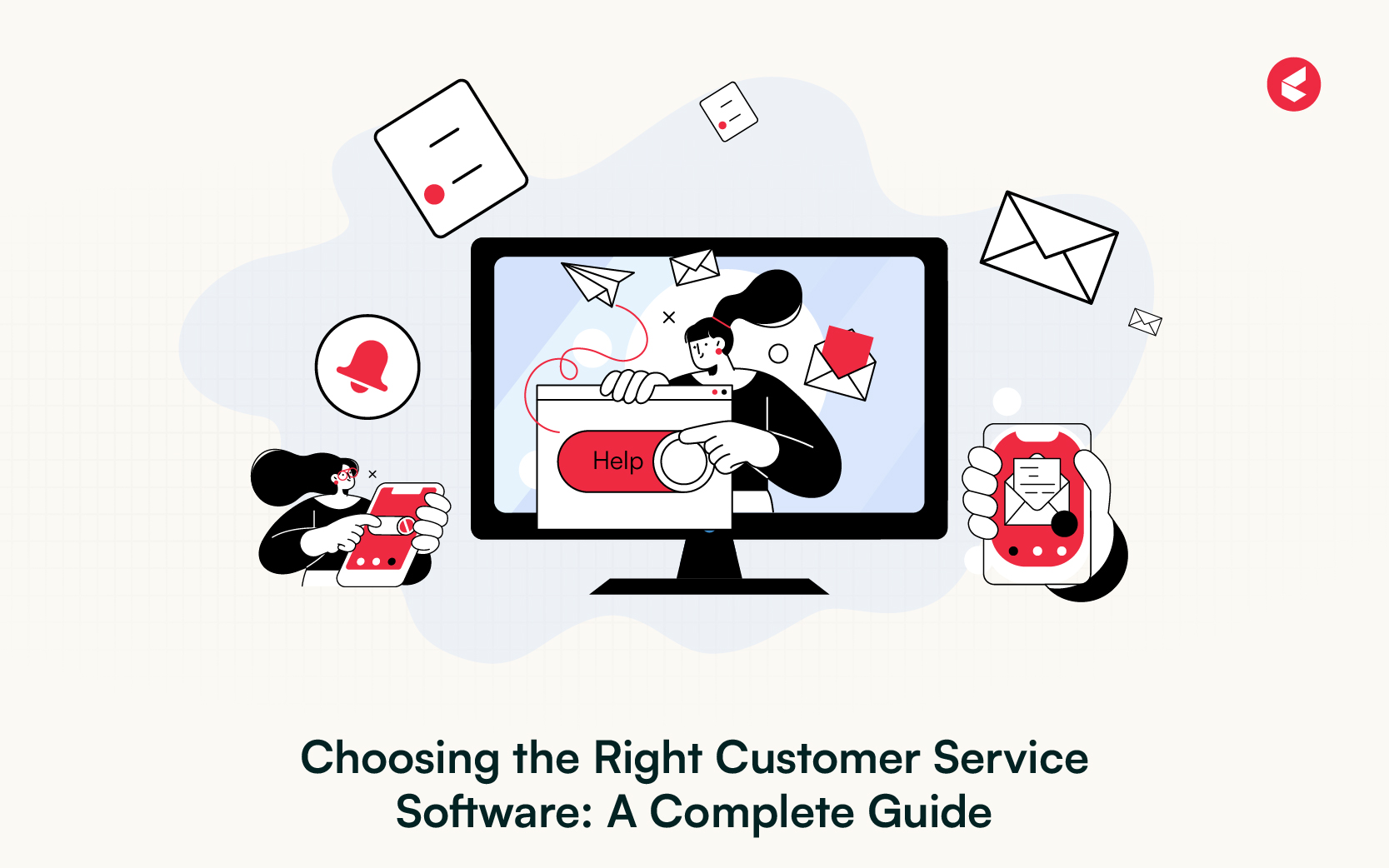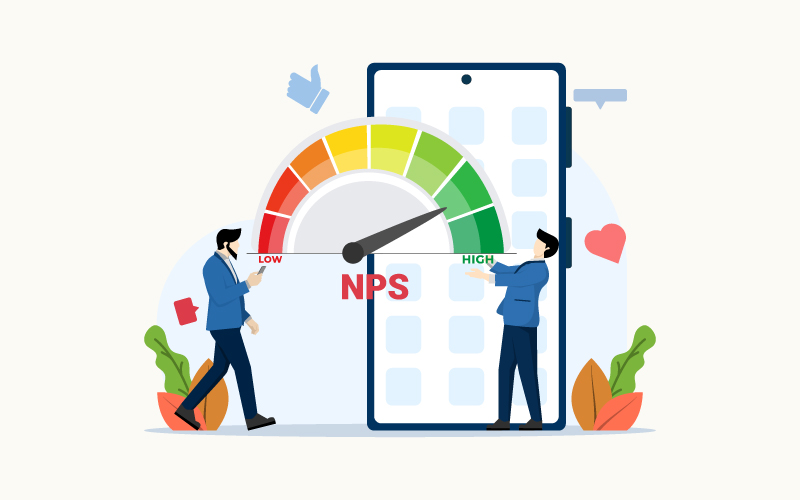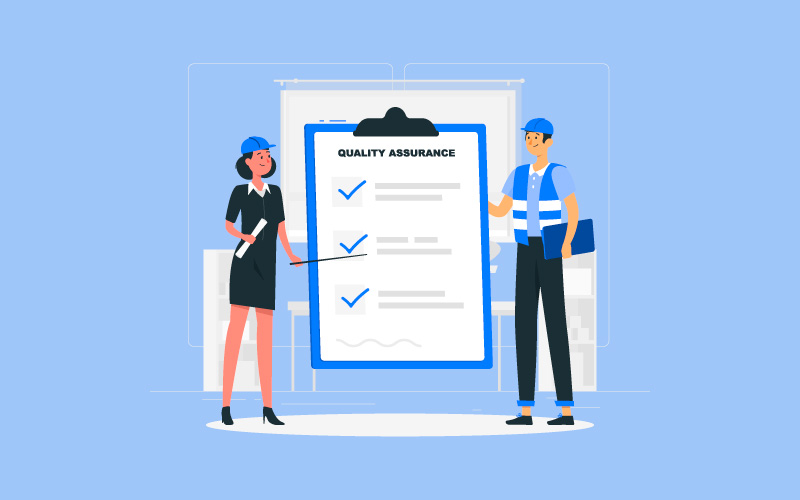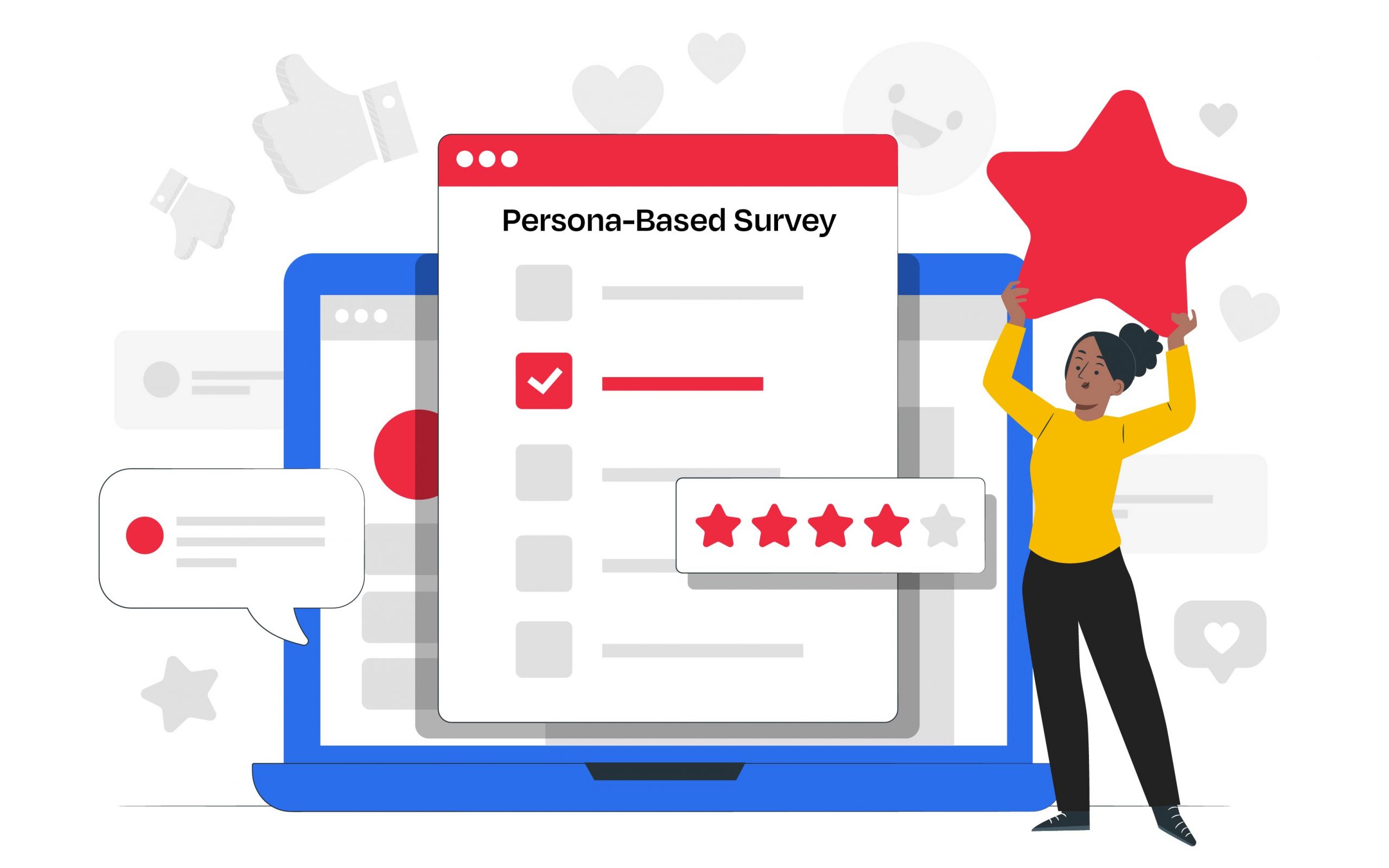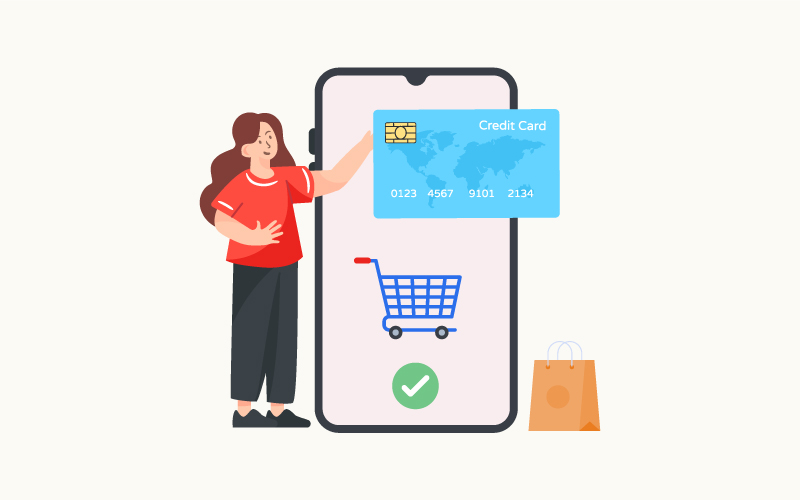The Ultimate Technical Toolkit For Your Agents
Table of Contents1 . Real-Time Ticket Updates for Transparent Operations2. Technical Capabilities that define of […]
Why Every Business Needs a Smart Service Desk?
Table of Contents 1 . What is a Service Desk? 2. Benefits of a Service […]
The Complete Guide to Customer Intelligence: Benefits, Tools, and Future Trends
Table of Contents 1. The Evolution of Customer Intelligence 2. Benefits of Customer Intelligence 3. […]
From Reactive to Proactive: The Evolution and Future of Contact Center Analytics
Table of Contents 1 . What is Contact Center Analytics? 2. Benefits of Contact Center […]
Top 9 Live Chat Software for Customer Support: Features, Benefits, and How to Choose the Best
Table of Contents 1. Key Benefits of Live Chat Software 2. Features to Look for […]
The Ultimate Technical Toolkit For Your Agents
Table of Contents 1 . Real-Time Ticket Updates for Transparent Operations 2. Technical Capabilities that […]
Read MoreWhy Every Business Needs a Smart Service Desk?
Table of Contents 1 . What is a Service Desk? 2. Benefits of a Service […]
Read MoreThe Complete Guide to Customer Intelligence: Benefits, Tools, and Future Trends
Table of Contents 1. The Evolution of Customer Intelligence 2. Benefits of Customer Intelligence 3. […]
Read MoreFrom Reactive to Proactive: The Evolution and Future of Contact Center Analytics
Table of Contents 1 . What is Contact Center Analytics? 2. Benefits of Contact Center […]
Read MoreTop 9 Live Chat Software for Customer Support: Features, Benefits, and How to Choose the Best
Table of Contents 1. Key Benefits of Live Chat Software 2. Features to Look for […]
Read MoreWhat Is Good Customer Service? Key Elements, Best Practices, and Real-Life Examples
Table of Contents 1. What Is Good Customer Service? 2. Why Good Customer Service Matters? […]
Read MoreTop 11 Email Ticketing Systems to Streamline Your Customer Support
Table of Contents 1. Benefits of Using an Email Ticketing System 2. Key Features to […]
Read MoreWhat Is a Customer Portal? Key Features, Benefits, and Best Practices for Implementation
Table of Contents 1 . Introduction to Customer Portal 2. Benefits of Implementing a Customer […]
Read MoreAgent Assist in Customer Service: How AI Enhances Support Efficiency
Table of Contents 1 . What is Agent Assist in Customer Service? 2. Key Features […]
Read MoreVoicebot in Banking: Revolutionizing Customer Service with Conversational AI
Table of Contents 1 . What Is Voice Banking? 2. Benefits of Voicebots in Banking […]
Read MoreTop 13 Conversational AI Solutions for Enhancing Customer Experiences
Table of Contents 1 . Why Invest in a Conversational AI Solution? 2. Key Features […]
Read MoreAI Copilot: Transforming Workflows and Customer Experience Across Industries
Table of Contents 1. What Is an AI Copilot? 2. How AI Copilot Works: Key […]
Read MoreConversational AI Voicebot: A Game-Changer in Customer Engagement
Table of Contents 1 . What is a Conversational AI Voicebot? 2. How Conversational AI […]
Read MoreVoicebot for CX: The Ultimate Guide to 2025’s Best Platforms
Table of Contents 1 . What Is a Voicebot? Why Is It Essential for Customer […]
Read MoreAI Voice Chatbots: Transforming the Future of Customer Service
Table of Contents 1 . The Role of AI in Customer Experience Transformation 2. What […]
Read MoreThe Future of Customer Service is Here: AI Voice Agents and the Customer Experience
Table of Contents 1 . What is an AI Voice Agent? 2 . Key Characteristics […]
Read MoreChatbot or Voice Bot? A Guide to Choosing the Best AI for Customer Support
Table of Contents 1 . What is a Chatbot? 2. What is a Voice bot? […]
Read MoreCustomer Experience Simplified: An Insider’s Guide to Omnichannel Contact Centers
Table of Contents 1 . What Is an Omnichannel Contact Center? 2 . Multichannel vs. […]
Read MoreConversational AI vs. Chatbots: The Difference and the Impact
Table of Contents 1. What is Conversational AI? 2. Conversational AI vs. Chatbots 3. Advantages […]
Read More15 Best Knowledge Base Software
Table of Contents 1. What is Knowledge Base Software? 2. Benefits of Knowledge Base 3. […]
Read MoreWhat Is an Omnichannel Contact Center?
Table of Contents 1. What Is an Omnichannel Contact Center? 2. Multichannel vs Omnichannel Contact […]
Read MoreWhat is Customer Self-Service?
Table of Contents 1. What is Customer Self-Service? 2. Why Do Many Customers Prefer Self-Service? […]
Read MoreAI in Customer Service: Your New Frontline Ally
Table of Contents 1. Top AI Innovations in Customer Service 2. Key Benefits of AI […]
Read MoreAI Agents in Customer Service : Everything You Need to Know
Table of Contents 1. AI Agents in Customer Service and Their Roles 2. Types of […]
Read MoreTop 13 Help Desk Software & Ticketing Systems
Table of Contents 1. Help Desk Software: An Overview 2. Understanding Help Desk and its […]
Read MoreCustomer Support with Smart Ticketing Systems
Table of Contents 1. What is a Ticketing System, and How Does it Work? 2. […]
Read MoreHow to Build Customer Service Chatbots and Improve Support Automation?
Table of Contents 1 . A Chatbot for Customer Service: What Is It? 2. Chatbots […]
Read MoreWhy You Should Invest in Voice Bots for L1 Support
An iconic episode from Game of Thrones that had viewers at the edge of their […]
Read MoreCustomer Service Automation: Key Benefits, Strategies, and Future Trends
Table of Contents 1 . What Is Automated Customer Service? 2. Benefits of Automated Customer […]
Read MoreCustomer Service Management: Benefits and GenAI Solutions
Table of Contents 1 . What Is Customer Service Management (CSM)? 2. Why Is Managing […]
Read MoreWhat is Customer Service? Importance, Benefits, and Automation Strategies
Table of Contents 1 . What is Customer Service? 2. What is the Importance of […]
Read MoreA Practical Guide to Customer Self-Service: Benefits and Best Practices
Table of Contents 1 . What Is Customer Self-Service? 2. Benefits Of Providing Customer Self-Service […]
Read More13 Must-Know Zendesk Alternatives for 2025
Table of Contents 1 . 5 Reasons to Look for Zendesk Alternatives 2. 13 Best […]
Read MoreTop Features to Look for in an Effective Ticket Management System
Table of Contents 1 . What Is a Ticket Management System? 2. Why Do Companies […]
Read MoreContact Center Automation: Importance, Strategies, And Examples
Table of Contents 1. Understanding Contact Center Automation 2. Benefits Of Contact Center Automation 3. […]
Read MoreWhat is a Customer Experience Platform ? A Practical Guide to Choosing The Right Tool
Table of Content 1 . What Is A Customer Experience (CX) Platform? 2. Customer Experience […]
Read MoreFind the Best Customer Service Software for Your Business: Top 17 Tools
Table of Contents 1 . Comparison of the 17 Best Customer Service Software 2. What […]
Read MoreThe Importance Of AI-Driven Solutions for Better CX in the Energy Sector
Table of Contents 1 . Challenges Energy & Utility Customers Are Facing Today 2. The […]
Read MoreAI Voice Bots: An In-Depth Guide and How to Use Them in 2025
Table of Contents 1. What is a Voice Bot? 2. What is the Purpose of […]
Read More5 Steps to Create a WhatsApp Chatbot: A Quick Guide with Pro Tips
Table of Contents 1 . Why Businesses Should Consider Using WhatsApp Chatbots 2 . How […]
Read MoreDIY Delight: Why We Customers Love Self-Service
Table of Contents 1. Self-Serve Solutions vs. IVR Queues 2 .The Benefits of AI-Enhanced Self-Serve […]
Read MoreG2’s Seal of Excellence: Kapture CX Leads the Way in Customer Experience
At Kapture CX, we take great pride in providing our clients with creative solutions and […]
Read MorePersonalized, Proactive, and Efficient: The GenAI Advantage in CX
Table of Content 1 . The Evolving Role of Chatbots 2 . The Future of […]
Read MoreNet Promoter Score 101: A Comprehensive Guide for Businesses
There are several factors that businesses consider when calculating profitability. One aspect that companies cannot […]
Read MoreCrafting a Compelling Business Case for CX Technology
Customer experience is no longer a mere buzzword, it is in fact a critical factor […]
Read MoreEnhancing Customer Experience for Payment Processors with Gen AI
Each time we make a UPI payment, imagining a time without them becomes harder. From […]
Read MoreThe Power of GenAI Knowledge Base: A Revolution in Information Access
Table of Contents 1. Understanding GenAI KB: Your One-Stop Information Hub 2. Supercharging Your KB […]
Read MoreAuto QA: Automating Customer Support Quality Assurance
Imagine yourself as a customer service representative at a popular online retailer. The holiday season […]
Read MoreSmart Surveys, Smarter Insights: AI in Customer Feedback
Most businesses aim to secure customer loyalty by offering top-notch support and experience. This can […]
Read MoreWhy Social Media Matters More Than You Think
The rise of social media has fundamentally changed the customer service landscape. While brands can […]
Read MoreRevolutionizing Lending CX with Gen AI
Digital lending is a burgeoning industry, with billions of dollars being lent out to consumers. […]
Read MoreHow to Overcome CX Challenges in 2025?
Imagine two companies; Alpha and Beta. They operate in the same industry, and provide similar […]
Read MoreBeyond Amenities: Why Customer Service is the Key to Unforgettable Hospitality
The travel itch is contagious! Whether it’s luxurious getaways or budget backpacking adventures, a surge […]
Read MoreThe Powerhouse Behind Exceptional Service: Agent Assist with GenAI
Imagine you’re stuck at an airport with a lost boarding pass. Traditionally, you’d wait in […]
Read MoreHow Persona-Based Surveys are Changing the Game?
Table of Contents 1 . The current scenario with survey feedback 2 . Why Persona-based […]
Read MoreTransforming Customer Service: The Power of Self-Serve Solutions
Amidst an online shopping spree, a notification suddenly appears, prompting you to change your debit […]
Read MoreDear CEOs, Here’s How Your Chief Customer Officers (CCO) Can Help You!
The Chief Customer Officer (CCO) role has never been more critical. Whether called the Chief […]
Read MoreBuild Customer Loyalty, Reap Profits
Picture this: You walk past a sea of coffee shops, each with tempting offers – […]
Read MoreEmpowering Travelers with Optimal CX Strategies
The boom in the travel industry is evident. The urge to travel, explore places, and […]
Read MoreElevating Customer Experiences: Guide to Choosing the Right CX Vendor
A customer’s experience with your organization is a journey characterized by twists and turns, where […]
Read MoreCustomer Service Expectations: Prioritizing Efforts to Deliver the Best CX
Every single touchpoint between a business and its customers is an opportunity to deliver a […]
Read MoreThe Crucial Role of Customer Support in Travel
A customer’s journey with your business doesn’t end at buying the ticket. It begins there […]
Read MorePower Moves for Exceptional Ecommerce Support
In today’s hyper-connected world, where every interaction leaves an indelible mark, the axiom that ‘the […]
Read MoreCustomer Service in Travel: Top Complaints and How to Solve for Them
Travel is one of life’s joys. Being able to get away and just be somewhere […]
Read MoreThe Winning Formula: Tech & Support in the Digital Age
“Compelling customer experiences — physical or digital or both — start with compelling customer understanding. […]
Read More6 Customer Experience Trends for 2025 & Beyond
Table of Contents 1. Widespread Adoption of Self-Serve 2. Emergence of CX as an Intelligence […]
Read MoreUnveiling the X-Factor: What Clients Truly Value in Exceptional Customer Support
If cracking the code for a happy customer is on your mind, this blog has […]
Read MoreHow Kapture CX Outshines DIY AI
OpenAI has revolutionized the way companies think about AI. What was once considered a mysterious, […]
Read MoreThe Ripple Effect: 5 Ways in Which Quality Customer Support Can Enhance Business Value
Have you ever stopped using a grocery delivery app after receiving rotten vegetables? Or felt […]
Read MoreThe Bot Revolution: To Bot or Not to Bot?
In an era driven by technological advancements, the role of artificial intelligence (AI) has become […]
Read MoreCX to play a pivotal role in shaping the future of travel
“Customers may forget what you said, but they will never forget how you made them […]
Read MoreBet on a vertical-focused CX strategy to stand out instead of fitting in
Coming up with a business idea is all a cakewalk until the reality sets in. […]
Read MoreManaging support in e-commerce during the holiday season
Ho-Ho-Ho, ‘Tis the season we’ve all been waiting for! As the holiday season approaches, people […]
Read MoreImportance of CX in building loyalty and retention for e-commerce brands
In the dynamic realm of e-commerce, where choices are abundant and attention spans are fleeting, […]
Read MoreEmpower support teams to collaborate better – Internal Chat
In the dynamic landscape of customer support, effective collaboration among team members is pivotal for […]
Read MoreLeveraging AI to elevate CX in the e-commerce landscape
In recent years, the e-commerce sector has made significant advancements. The convenience of receiving a […]
Read MoreWhat is the future of AI in customer service?
It’s fair to assert that AI, particularly within the customer service sector, is not just […]
Read MoreHow AI Enhances Efficiency in Customer Support?
A study from Stanford and MIT found that using AI in customer service makes agents […]
Read MoreWill AI replace human customer support agents?
“Augmented intelligence is all about people taking advantage of AI” –– Svetlana Sicular, research vice […]
Read MoreQualitative And Quantitative Feedback – Key Difference & Importance
Customer feedback is important. Not only to improve upon your products but to know what […]
Read MoreClosing the Gaps Across the Customer Support Lifecycle to Deliver Superior CX
Your business is significantly impacted when you use feedback from customers to enhance the customer […]
Read MoreMastering the Art of Quick Response: Handling Large Support Ticket Volumes with Ease
A rise in the number of customers for a business comes with an increase in […]
Read MoreFive ways to prevent contact center burnout and reduce turnover rates
It can be difficult and stressful to work in a contact center. Employees may become […]
Read MoreConverting Negative NPS Scores into Positive Change: Strategies for Improvement
While a positive Net Promoter Score (NPS) is a coveted indicator of customer satisfaction, a […]
Read MoreHow To Turn Your Customer Feedback Into Actionable Insights?
It is of the utmost importance for businesses seeking growth to keep an eye on […]
Read MoreBoosting Customer Feedback Participation: Proven Tactics for Increasing NPS Survey Responses
Customer feedback is a goldmine of insights that can fuel the growth of a business. […]
Read MoreHow To Improve Inventory Visibility?
For your business to thrive, improving inventory visibility is crucial. Excess inventory ties up capital, […]
Read MoreWhy Data Localization is Essential
Data is one of the most important currencies in today’s environment. This is because most […]
Read MoreKapture CX Secures $4 Million to Fuel AI-Powered Customer Support
Amid the AI revolution, Kapture CX Secures $4 Million Investment from Cactus Venture Partners Cactus […]
Read MoreKeeping Customer Data Confidential with PII Encryption
Data leaks and cyberattacks are becoming increasingly regular these days. Businesses use customer information for […]
Read More
